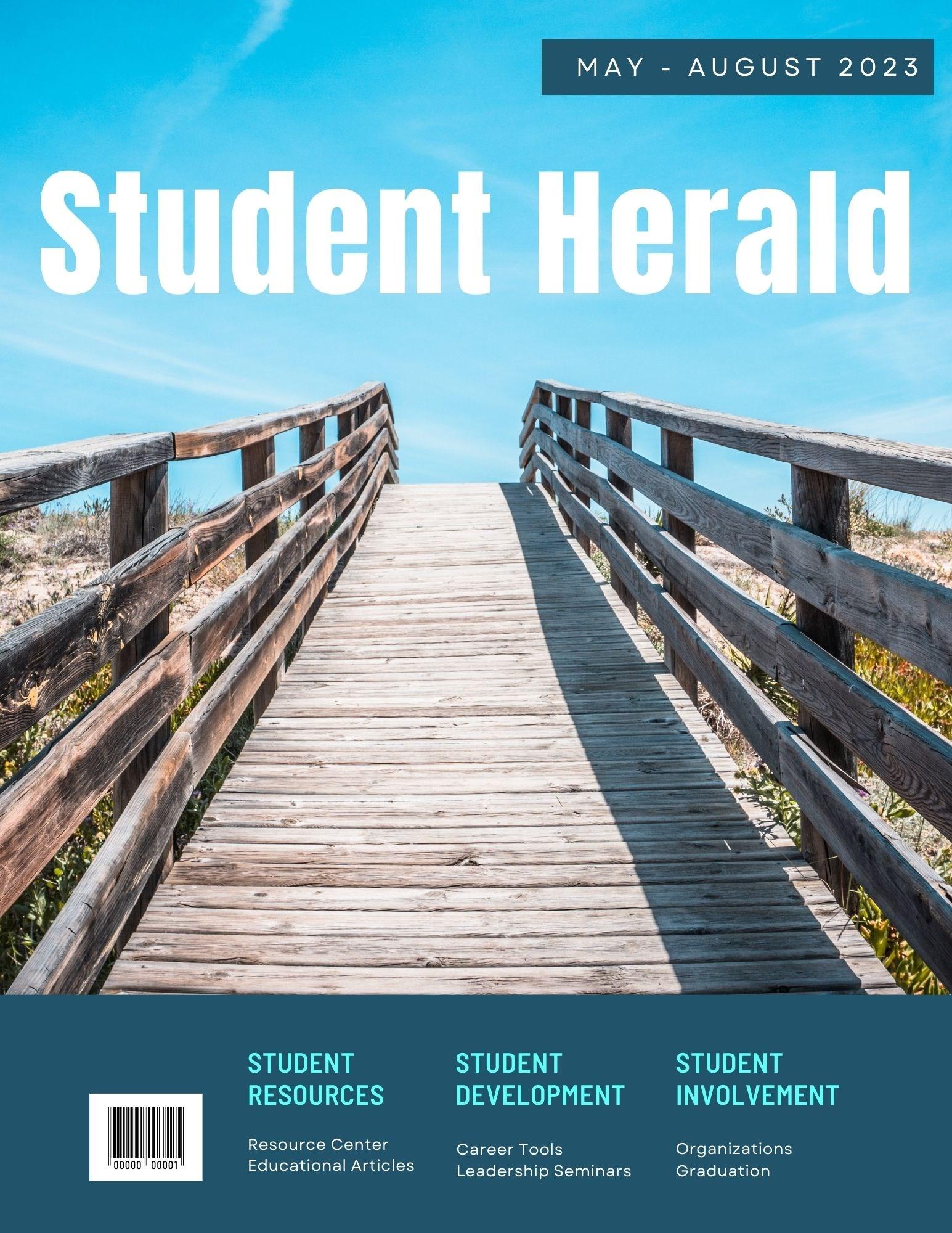
Student Resource Center
Student Services Resources, Business Office Information, Understanding Transcripts, Article: 7 Benefits of Continuing your Education, Tutor.com How It works, Article: Undergrad vs. Graduate Study
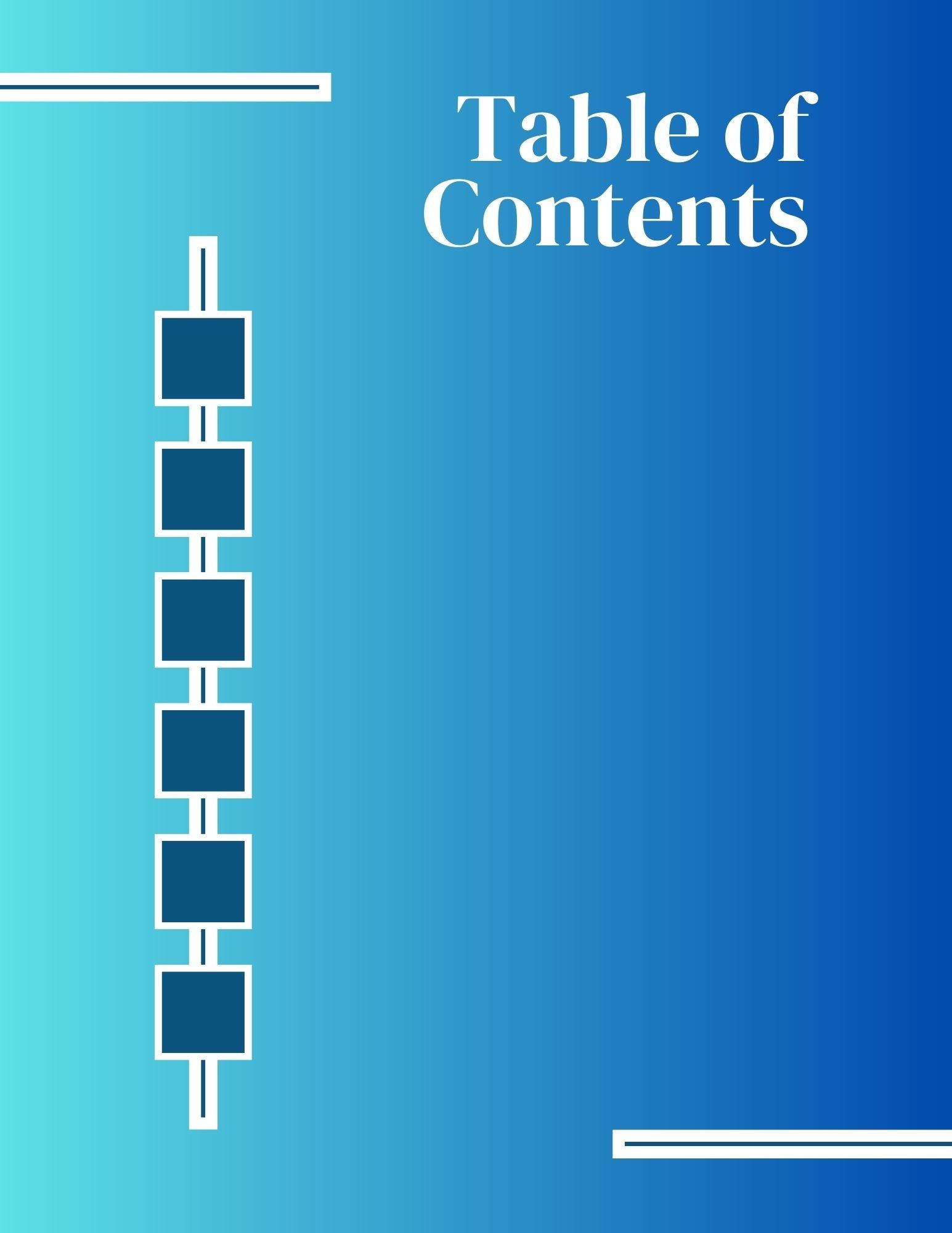
Leadership Distinction Program
Requirements, Upcoming Seminars
Career ServiceAssistance

College Central Network, Article: How to Write a Thank You Email After an Interview, Article: 10 Do’s and 10 Don’ts of Resume and CV Writing , Article: How to Network in College
HispanicAssociation of Colleges and Universities (HACU)
Student & Faculty Involvement
Seahawk Athletics, Creative Submission, Keiser: River of Grass Magazine, Student Testimonial Spotlight, Teacher Appreciation Week
Keiser Community Outreach
Aquatic Center, Article: Keiser University Nursing Advisory Council Announces Recommendations to Address Florida’s Nursing Shortage, Alumni Association
SRC LDP CSA SI HACU KCO




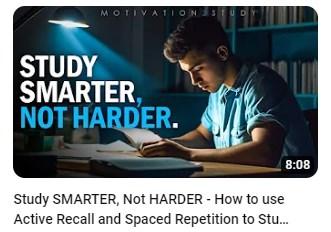
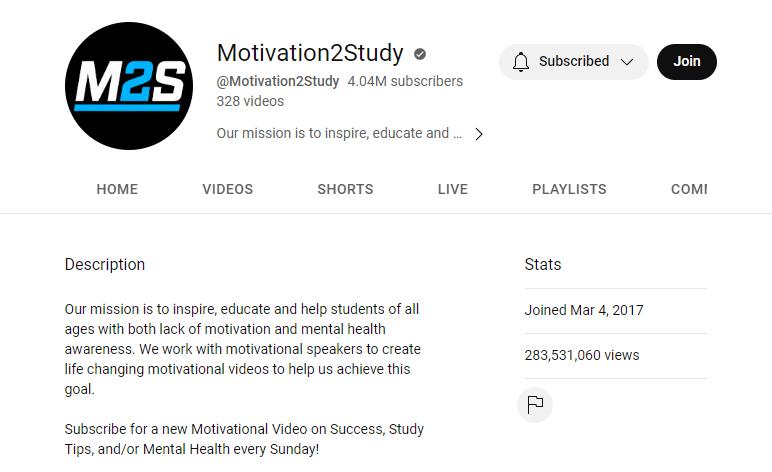

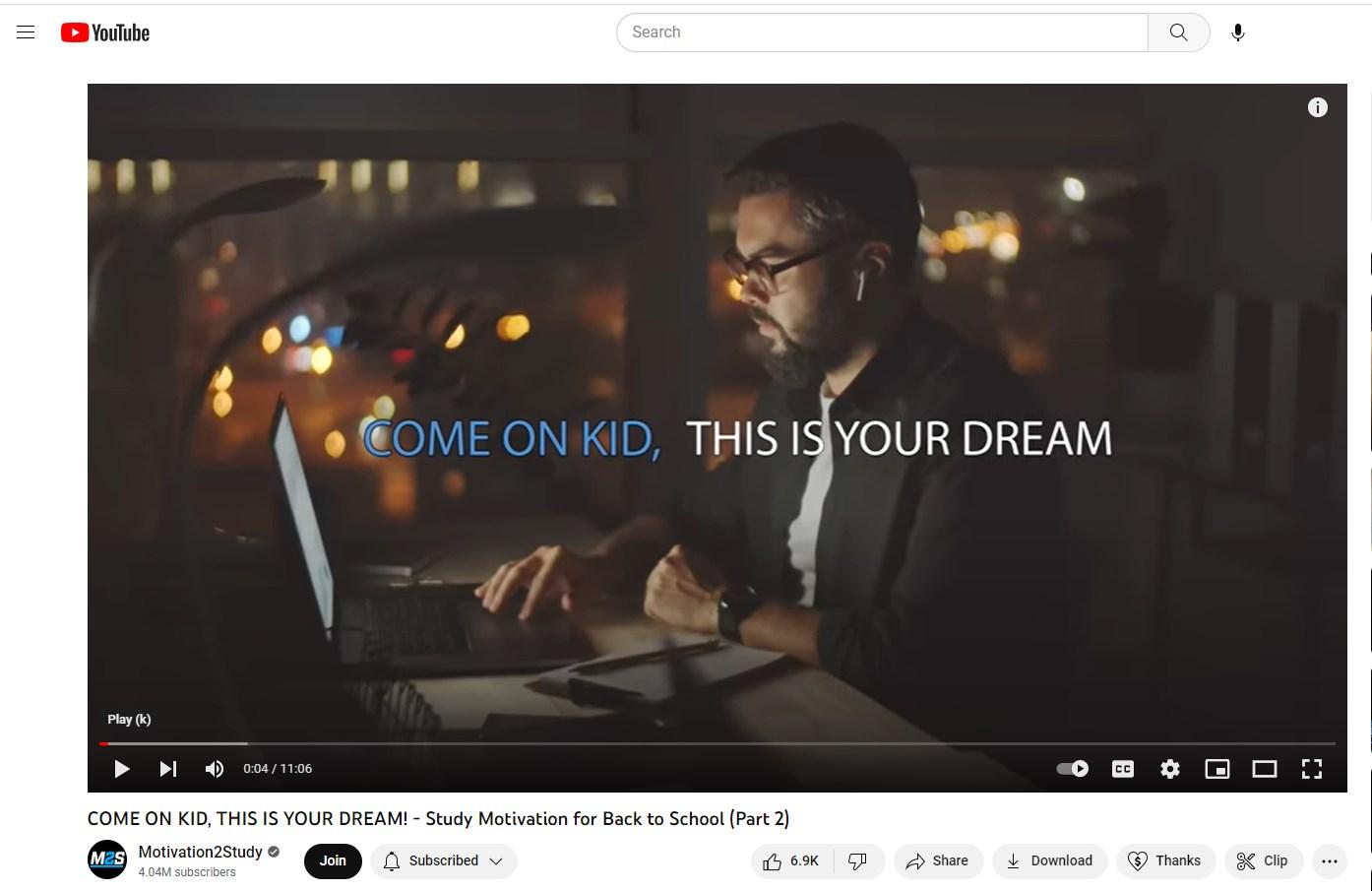
3
Student Resource Center
Access eCampus Student and Career Services resources on Blackboard, keiseruniversity.blackboard.com, located under “My Organizations”
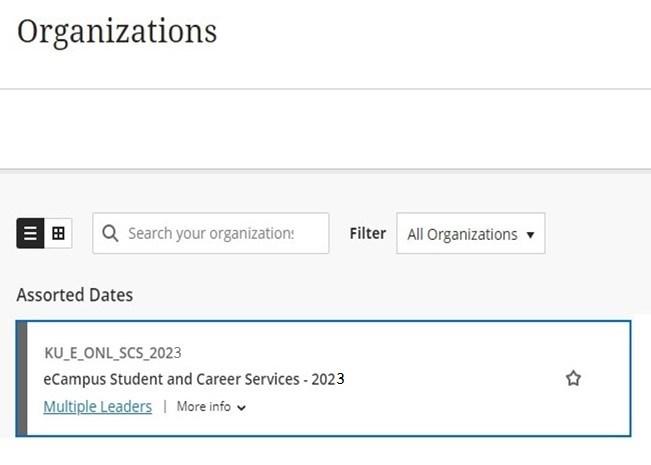


The Student Services Team is here to help! Call us at 866-537-7371 or email us at eCampusStudentServices@keiseruniversity.edu
• Heather Cordner, Director
• Deidre Hernandez, Associate Director
• Hisela Tamayo, Associate Director -Latin Division
• Rosa Veras, Student Services Coordinator
Business Office
Financial Aid: With a designated Financial Aid Officer, you will be able to secure funding to cover your tuition and fees each academic year. Here are quick links for commonly used websites:
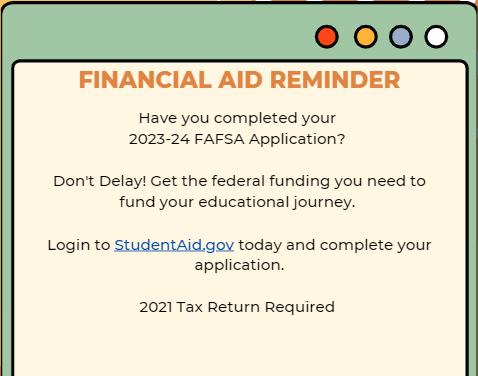
• Financial Aid Docs Portal: https://campusportal.keiseruniversity.edu/
• FAFSA Website: www.fafsa.ed.gov
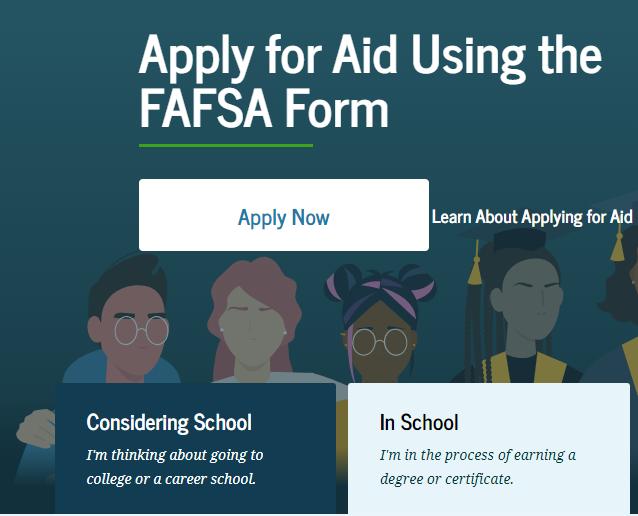
• Federal Student Aid: https://studentaid.gov/
Questions? Please call in at 877-597-2552 and ask for your Financial Aid Officer.
Bursar Services: The Bursar Department manages your student account, assisting with student balances, stipend requests, invoices, and payments. For assistance call 877-597-2552 or send an email to eCampusBursar@keiseruniversity.edu Payments may be made online by visiting https://forms.keiseruniversity.edu/ku-ec-online-payment/
Understanding Transcripts
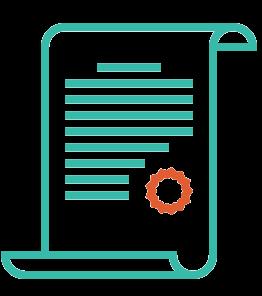
Tips from Keiser’s Office of the Registrar
Unofficial Transcripts
• Can be accessed by the students on prior institution platforms.
• Can be used for admissions and enrollment evaluation of transferring credits.
• Can be emailed, hand-delivered, mailed, or whatever is the easiest way to send the transcript.
Official Transcripts
• Requested by student from prior institution(s), refer to their guidelines.
• To receive PERMANENT transfer credits from previous institution(s), provide the Registrar’s Office by the end of the student’s first semester.
• All provided official transcripts need to be SEAL and NON-OPENED.
Parchment Electronic Option
Keiser University utilizes Parchment for electronic submission from prior institutions and to request Keiser official transcripts.
Link: https://www.parchment.com/u/registration/2011918/institution
Postal Mail/ Physical Option
Provide this mailing address to previous institution:
Keiser University – Online Division
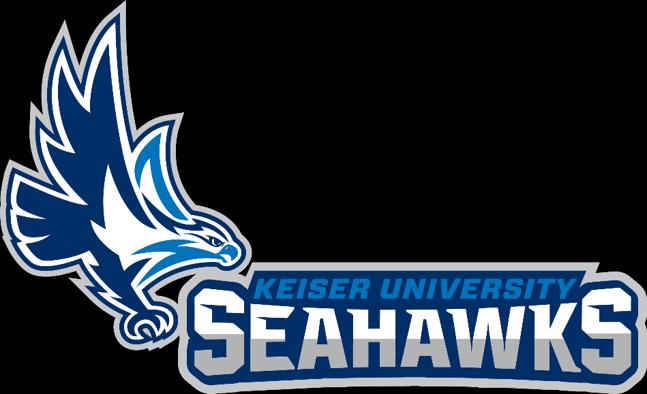

Attention: Registrar’s Department 1900 W. Commercial Blvd. Suite #100 Ft. Lauderdale, FL 33309
Requesting Transcripts
from Keiser’s Office of the Registrar
How to order:
Go to: https://www.parchment.com/u/registration/2011918/institution
Follow the instructions to first create a free account.
Select Order Your Transcript
Enter the Destination.
Select Delivery Method
Please note there is a cost per copy PLUS shipping. (shipping costs vary depending on location shipping to and method)
Review Transcript Guidelines, sign, and submit request.
Proceed to checkout to Enter Payment Information.
Please allow 3-5 days for processing.
TIP: Plan wisely; order transcripts early!
If you have questions please contact us by Calling in at 877-597-2552 or
Emailing: eCampusRegistrars@keiseruniversity.edu
5

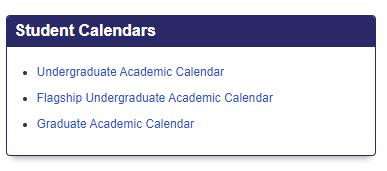
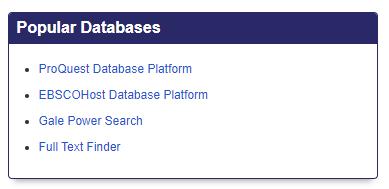
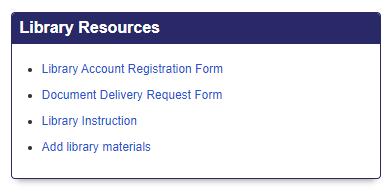
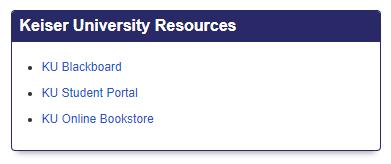
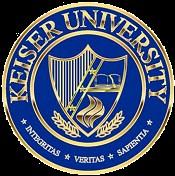

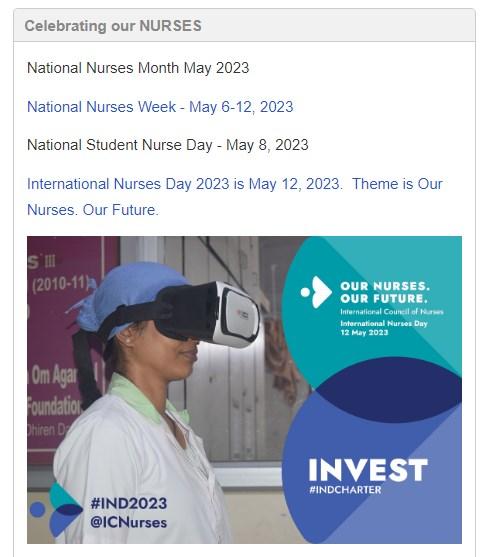
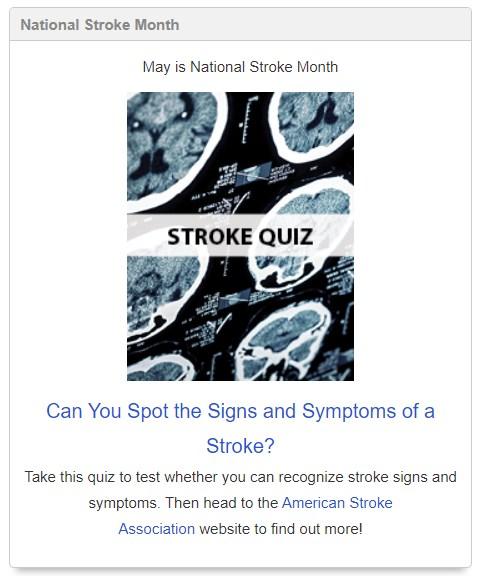
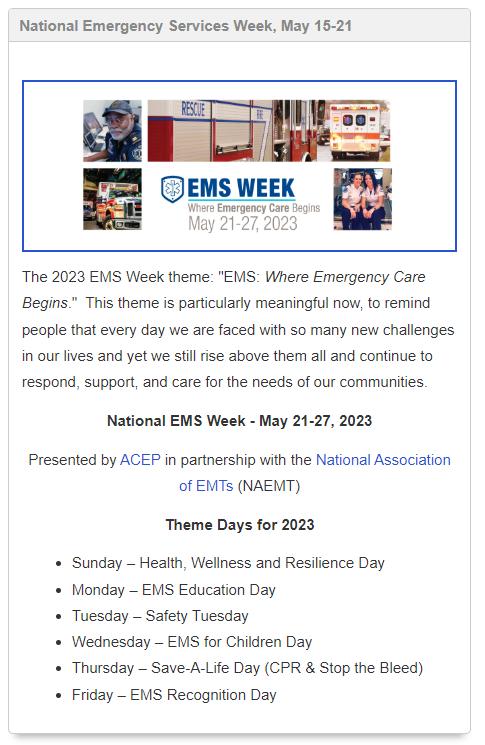
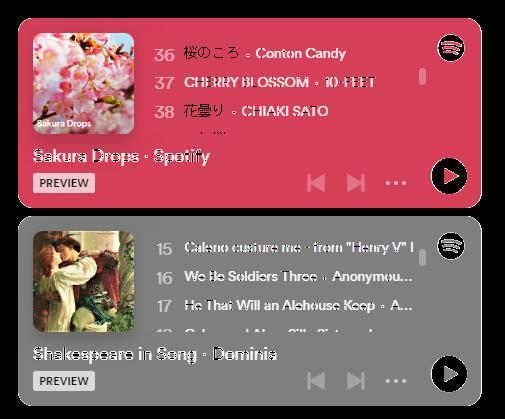
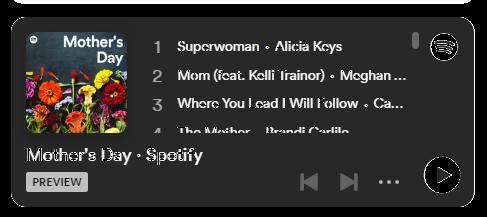
6 Visit the Keiser Library Online for access to the many tools you may need to succeed.Click Here! Keiser University Library Also check out the Library’s Monthly Digital Newsletter Click Here!

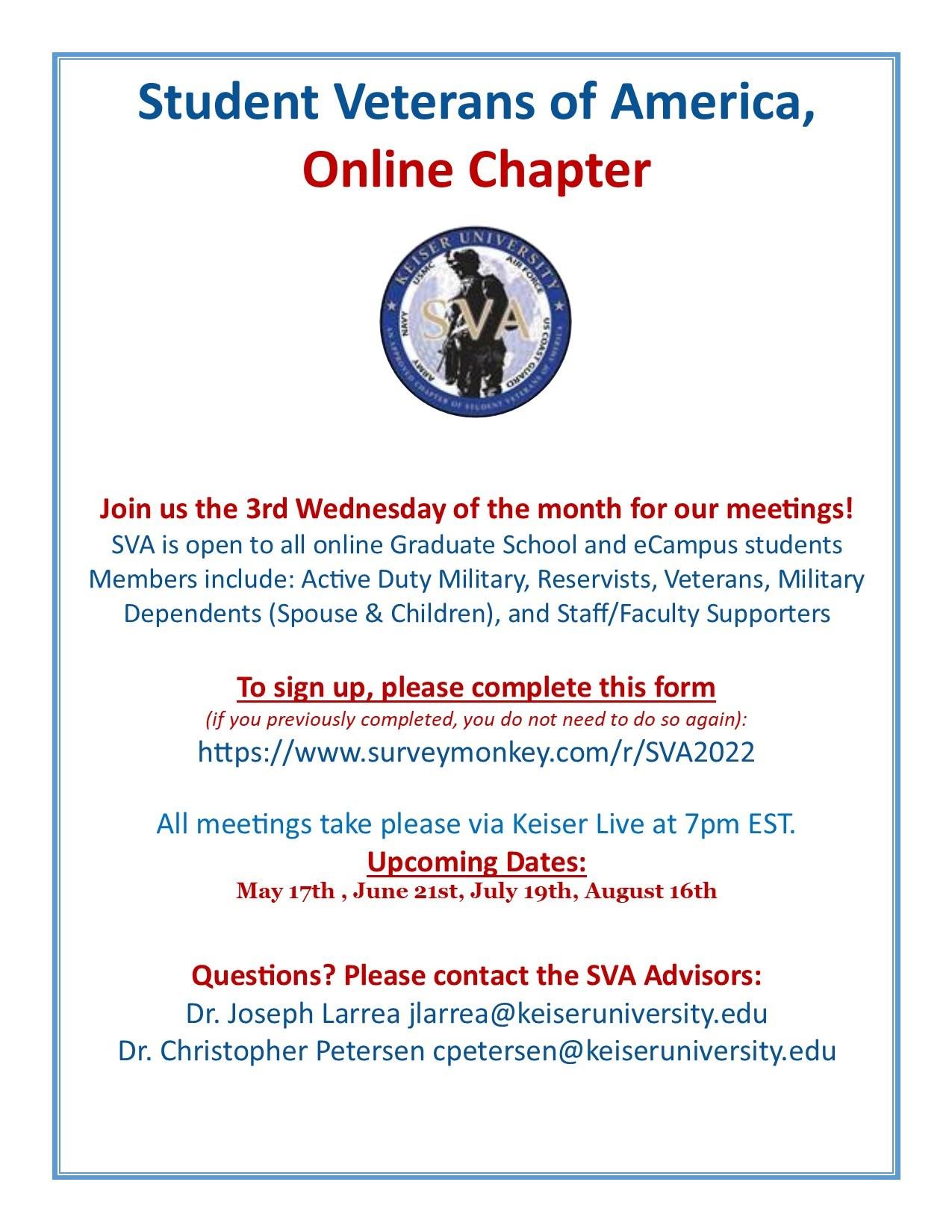
7
7 Benefits of Continuing Education Throughout Your Career
Investing in continuing education by taking advanced training courses and gaining new certifications is more important now than ever before. The challenges posed by today’s tough economic landscape have made for an even more competitive job market in recent years. Continuously improving your skills is one surefire way to stay ahead of the competition and advance your career.
Let’s take a closer look at seven benefits of continuing education for this year and beyond.
By Constant Contact

eties, special conferences, and other opportunities to learn and network at the same time. You might find that a certification you got in search engine marketing helped you connect with a new partner who can help your business grow. Keeping connections is essential for careers and business today.
Professional Development for Better Job Opportunities
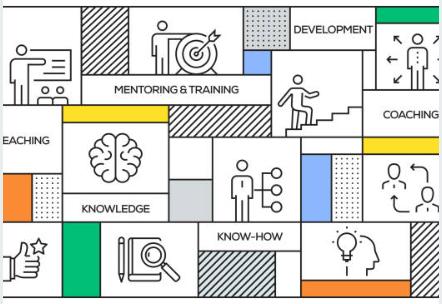
Degreed professionals are not a rare thing in the world today. When you apply for a job, you’re competing with numerous other people with the same qualifications. Investing time and effort in continuing education is a great way to stand out from the crowd!
Having a few extra relevant certifications or training experiences can be just the thing you need to beat the competition. Even if it’s just a 4-week program that you completed online, it goes on your resume to show potential employers that you have something extra that others don’t. This can make all the difference in helping you land new job opportunities since you stand out from the crowd.
Grow Your Income with Continuing Education
What’s one of the biggest motivating factors behind people seeking out new certifications or training? Money, of course.
And you’re smart to think that continuing education can secure you a higher income – many studies illustrate that educational attainment definitely correlates with earning potential. So the more education you get, the more likely you are to earn better money. Having more valuable skills makes you more valuable to employers. They’re not interested in hiring three people to do different tasks if they could really all be done by one person. Become that valuable employee, so it’s possible to negotiate a better salary. Gaining new skills and certifications can equally help you grow your income if you’re self-employed. Learning how to do something new (e.g. graphic design) means you don’t have to outsource these tasks to others.
Continuing Education Leads to Better Networking
There are lots of continuing education opportunities out there that give you the chance to meet new people. Even if it’s an online course, there are often forums or groups you can join to network and work together on projects. There’s also study groups, membership soci-
Climb the Career Ladder through Continuing Education
Getting advanced certifications isn’t just about adding credentials to your resume. You are also learning valuable skills that you can apply to your day-to-day job This can help you become better at regular tasks that might otherwise be time-consuming. You can also take on new responsibilities that you once weren’t qualified for.
This is a really valuable way to get promotions and advance your career. Continuing education can help you improve job performance. You’ll also have special skills your colleagues don’t, helping you stand out from the crowd when it’s time for the boss to give out a promotion.
Hard work is only one important part of climbing the career ladder. Learning new skills can make it easier to get more work done and do a better job overall.
Stay Sharp and Healthy
Inside and Outside the Office
What many people don’t realize is there’s a strong link between education and health. Continuing to learn new tricks even when you’re older helps keep your brain active and healthy. Learning new things can also help improve memory. Research has shown there’s a strong link between reading and overall health.
8
7 Benefits of Continuing Education Throughout Your Career
Learning new things can also help improve memory. Research has shown there’s a strong link between reading and overall health. Learning is a form of mental exercise that can keep you healthy. Numerous research studies have shown that having more education correlates with better health and even having a longer lifespan. People who prioritize continuing education are more likely to develop healthy behaviors and less likely to suffer from illness. So believe it or not, continuing to learn throughout your life has benefits for both mental and physical health.
Develop New Professional Interests with Continuing Education

Society likes to make people think they need to choose a single career “path” to succeed in life. So everyone invests in getting a very narrow education without broadening their horizons to other interesting subjects. But if you give yourself the opportunity to learn about topics outside your chosen field, you will likely develop some new interests. You might even discover you have an innate talent for a field you never explored before.
When you take the time to dabble in different fields and get a holistic education, there’s just more opportunity to follow paths that truly interest you. You might be able to incorporate these new skills into your current job. Or you could end up changing careers completely to pursue a new dream.
Professional Development Helps You Innovate More
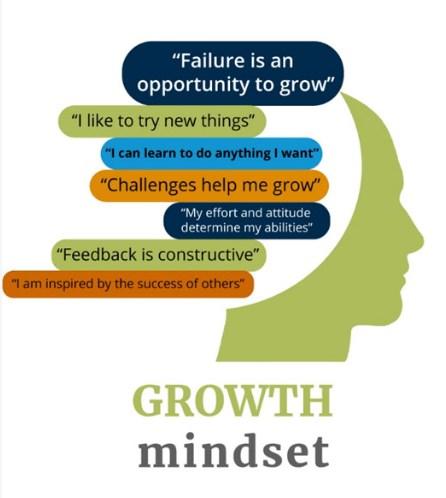

Learning about subjects outside of your normal discipline introduces you to new concepts and new ways of thinking. Different disciplines often discuss some of the same subjects using very different approaches from each other. Getting a broader understanding of a topic can help you brainstorm more creative ways to handle related tasks and challenges. Very rarely does innovation come from someone who’s always thinking inside the box.
Having a broader education can help you become more creative and innovative. In turn, this can help you stand out from your peers, climb the business ladder, or maybe even branch out on your own to create something novel. The best entrepreneurs today have a well-rounded education, and they’re always looking for new opportunities to learn.
Don’t Put Off Gaining New Skills
Hopefully, these seven points have helped illustrate the value of continuing education. In reality, continuing to gain new certifications and training experiences is mandatory if you want to stay competitive in today’s job market. But instead of just keeping up with the competition, you can also prioritize continuing education to get ahead and increase your income even more. Since it’s a necessary part of success today, keep continuing education at the forefront to gain the most benefit from it.
article.

9
Continued….
More on growth mindset, check out this
Tutoring Services
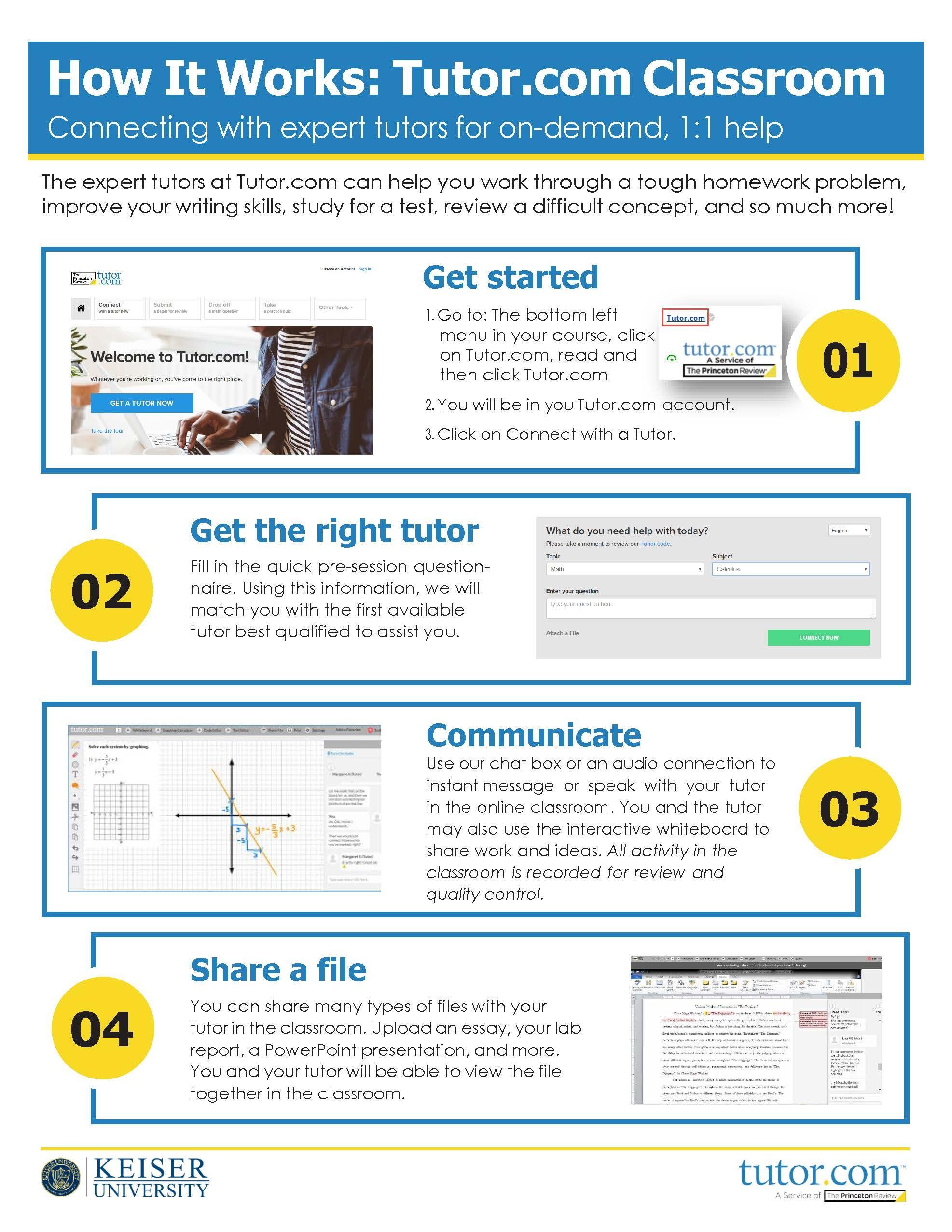

10
Tutoring Services
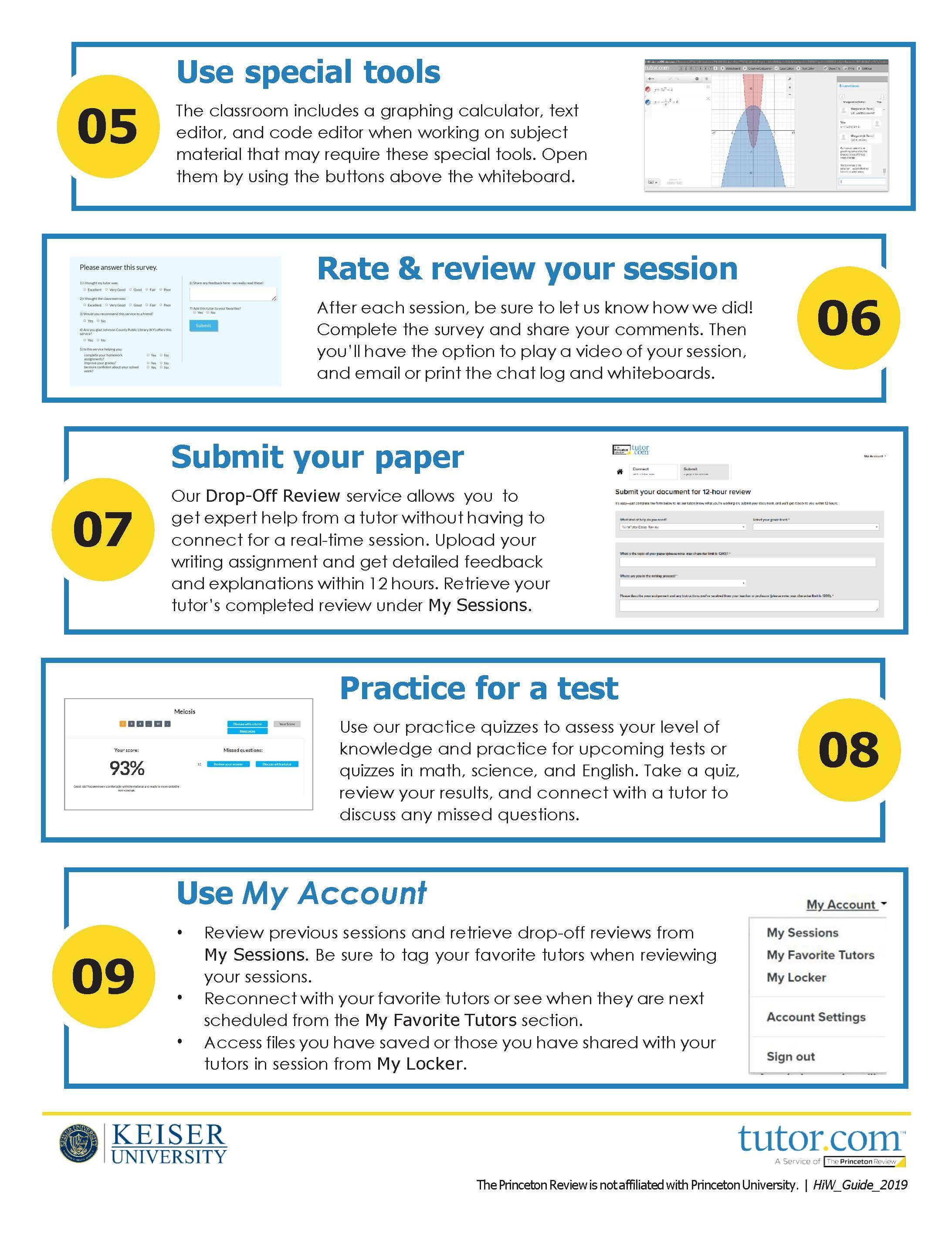

11

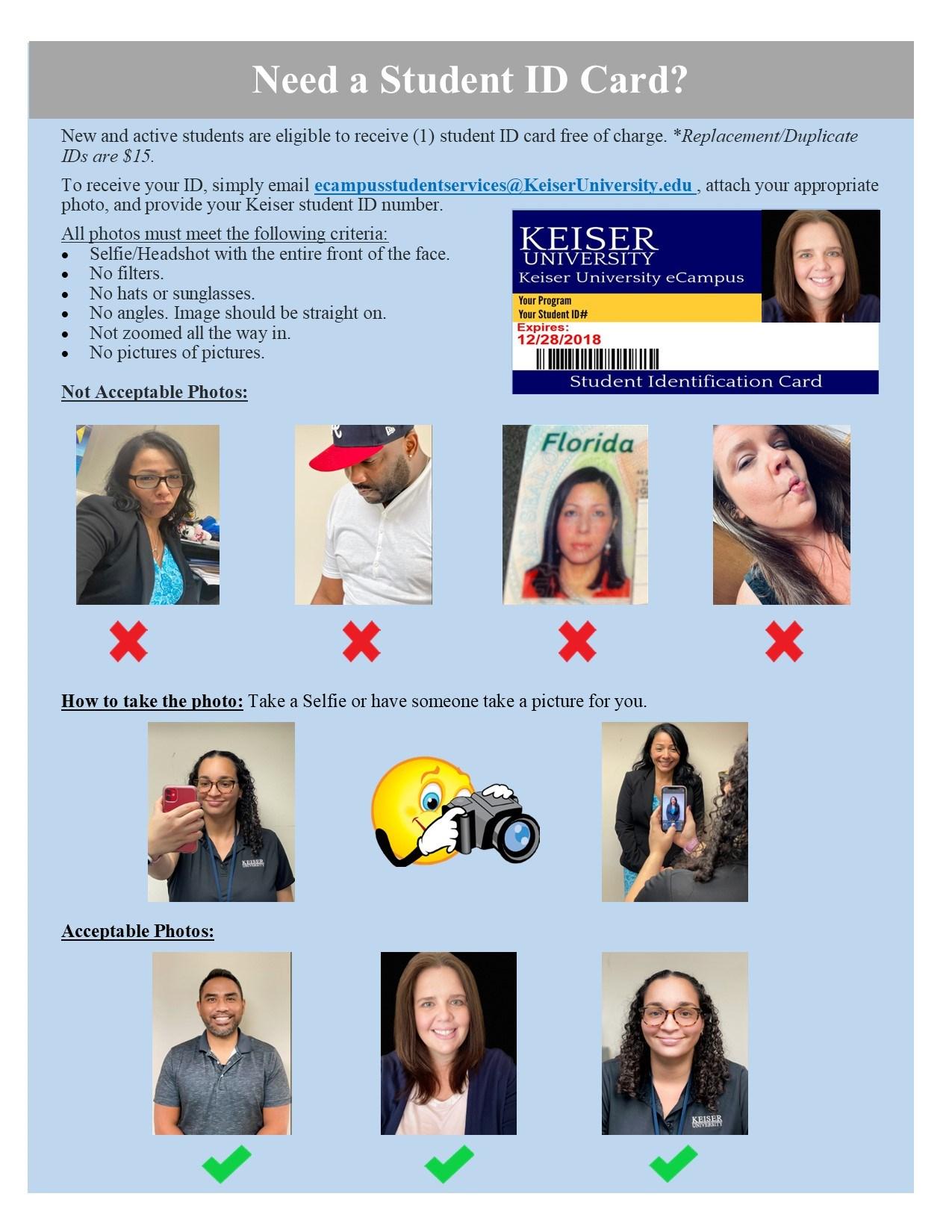
Undergraduate vs Graduate Study: what's the difference?

There are many types of higher education courses you can undertake that provide knowledge in a particular field or discipline and prepare you for your chosen career. Undergraduate degrees offer students the opportunity to develop a foundational understanding of a subject, broaden their general knowledge and train them to be capable employees in their field. Graduate degrees build on your current knowledge to challenge your views and develop your expertise regarding a specific topic.
graduate diplomas. Much like undergraduate study, postgraduate programs take place at universities or other higher education institutes.
A postgraduate or graduate student, sometimes shortened to grad student, is someone who has already earned their first degree and is now studying for a postgraduate degree.
How long do degrees take?
The duration of undergraduate and postgraduate programs may vary, depending on the offering institution, subject and whether students study full-time or parttime. The below outlines general timescales for several courses:
Associate degree: Most take two years to complete full-time or four years to complete part-time.
Bachelor degree: Typically takes between three to four years of full-time study to complete, or four to seven years of part-time study. Four-year bachelor's courses usually include a work placement during the third year of the course.

Undergraduate vs Graduate degrees
While undergraduate and graduate study both lead to university degrees, there are key distinctions between the two levels of higher education. To assess the differences between undergraduate vs graduate study, here are their definitions:
Undergraduate
Undergraduate study is the first level of higher education and the next step up from a high school diploma or GED certification. Undergraduate study typically takes place at a university or another higher education institute. However, online providers may also offer undergraduate courses remotely.

An undergraduate student is anyone who is studying for their first higher education degree but is not yet pursuing any higher education beyond that.
Graduate (or postgraduate)
Graduate study, most commonly referred to as postgraduate study, is the next level of higher education after an undergraduate degree. Once students complete their first degree, many pursue specialist degree subjects in their field, such as master's degrees or post-
Master degree: Master's courses typically take between one to two years of full-time study or three to four years of part-time study. As master's programs entail mostly independent study, the duration of the course relies on the individual student's pace.
Doctorate degree: Full-time doctorate degrees usually take between three to four years to complete, while part-time students may take up to seven years to complete. Universities have some discretion to extend these deadlines, which means the duration of doctorate degrees can vary from student to student.
P.h.D (Doctor of Philosophy) degree: Can take three to four years to complete after obtaining a master's degree. Most Ph. D. programs take between five to eight years to complete.
13
Learn more on Indeed Career Guide
Welcome to the OWL
(Online Writing Lab)
The OWL is a safe and friendly place for you to submit your writing and receive constructive feedback. Please feel free to come to the OWL with any questions or doubts you have about grammar, plagiarism, or APA format. We are here to help you.
You can find the OWL located under Organizations within on the Keiser University Blackboard page.
When you visit the OWL, you will find four ways of receiving help:
1. You may submit any written assignment by clicking on the Submit A Paper tab (along with a Submit A Paper form, which you will find when you click on the Submit A Paper tab). We will review your paper and do all we can to help you improve it.
2. If you have a separate question about writing (comma use, grammar, APA format, etc.), you may ask a question in the Question Room help forum. We are happy to assist you with any doubts you may have.
3. You may use our resources our Handbook and our APA Module to learn more about writing, grammar, outlining, APA format, and some other common writing concerns. We have posted numerous power points and videos to assist you with these. If you read through the KU OWL Handbook and APA Module, you will undoubtedly become a stronger writer for it.
4. You may check your writing for plagiarism in our SafeAssign dropbox. If you are concerned about whether your work is entirely original, use the SafeAssign section to receive an originality report.

Please note that we try to respond to student submissions and questions within 24 hours of receiving them. Also, please note that we return submitted papers by email, so make sure to fill out the Submit A Paper form completely, including your email address.
We look forward to helping you!
- OWL Consultants
Upcoming OWLWebinar Series: Mark you Calendars!

Monday, May 8th at 7:00 p.m. EST: How to Analyze a Text – Critical Reading
Wednesday, July 12th at 7:00 p.m. EST: Grammar Stumbling Blocks
Webinars are hosted through Blackboard Keiser Live!
14
MedicalAssisting - Mock Board Exam
Free Mock Exams!
Mock Board Exams to all medical assisting students.
The mock exams can help you get prepared for the board exam, so we encourage you to take advantage of this opportunity.
There are two mock exams available. One is a 25-question exam and students should start with this one first. The 2nd mock exam is a 200-question exam.
Medical Assistant Students may find them in Blackboard, click on Organizations tab, and select the MA Urgent Care Center.

Utilizing your Keiser Student Email
Your Keiser Student email account is a great tool to stay inform and communicate with your professors, fellow students, advisors, etc.

Basic Email Etiquette:
Check your email often.
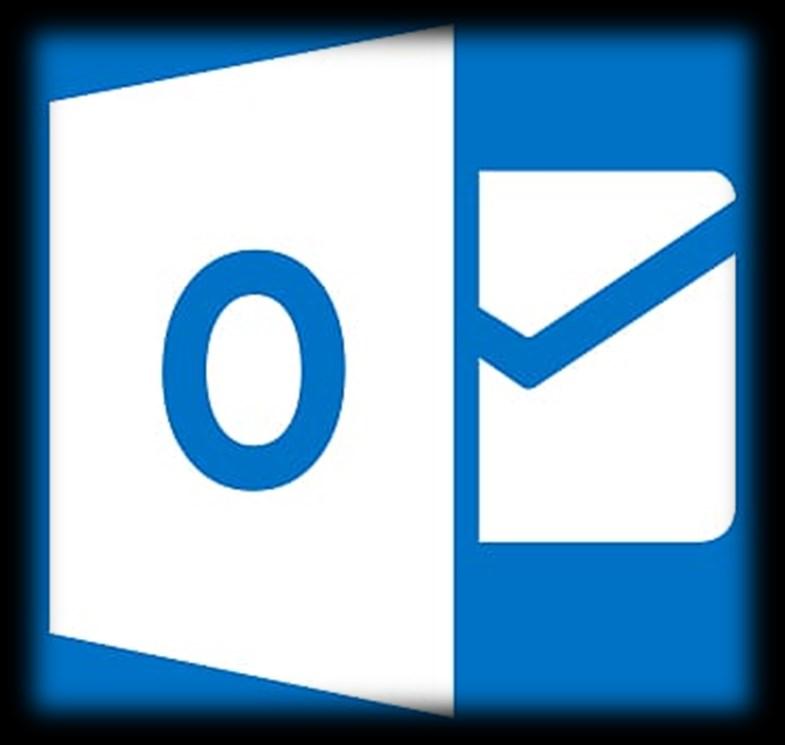
Use a clear and professional subject title.
Proofread each email before you send.
Check you have the correct recipient(s).
Reply to your emails.
Student Services communicates upcoming events, live webinars, career opportunities, and more via Keiser Email.

15
MA Urgent Care Center 2023 2023
Attention Future Graduates!!
Join us at the Graduate Information Webinar
eCampus Student Services will be hosting our virtual webinar on the topic of what it means to graduate.Alot of important graduation information will be covered. Please plan on connecting with us.
Wednesday, May 24nd, at 7pm EST
Wednesday, June 28th, at 7pm EST
Wednesday, July 26th, at 7pm EST
Thursday,August 17th, at 7pm EST
Kaltura Live! on the Student Services Organization on Blackboard! RSVP with Student Services: ecampusstudentservices@keiseruniversity.edu

Are you Prepared for Graduation?
In order to receive your Diploma, you must complete the following PL Graduation forms for eCampus Student Services:
-
PLElection for Placement Privileges -
-
-
PLStatement of Understanding Professionalism -
- PL Graduation ExitApplication -
PLUnderstanding of Graduation Requirements -
These forms are required so we can order your diploma, and know how to best assist you as your next chapter begins. We need these on file at least 4 months prior to you graduating.
The forms you need to complete have been loaded in your document center in your student portal, https://campusportal.keiseruniversity.edu/

16
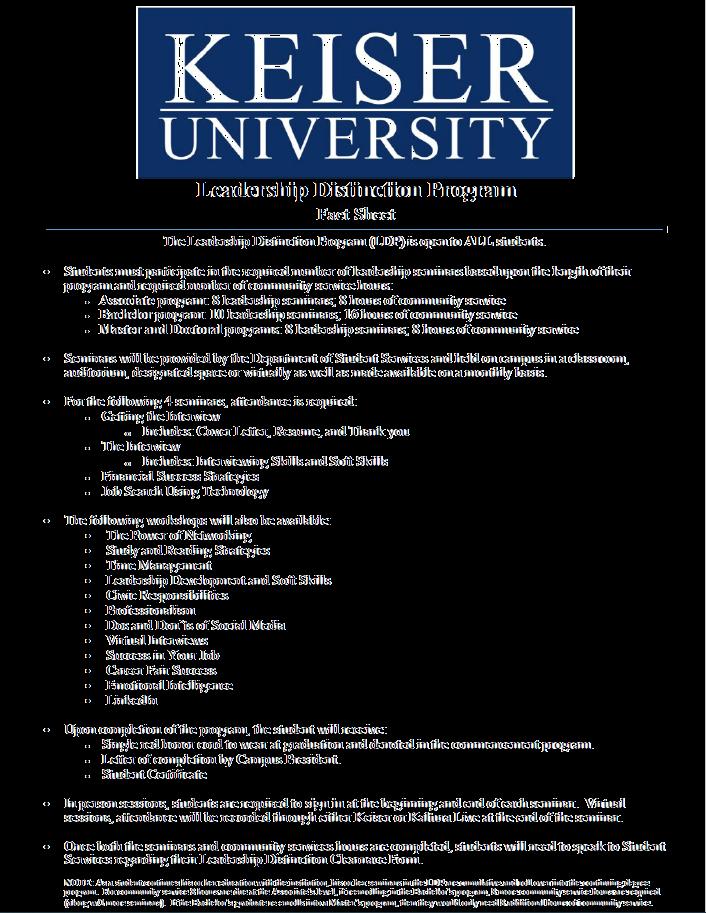
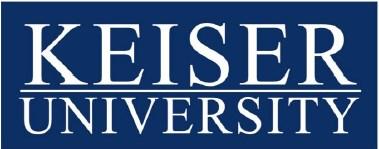
17
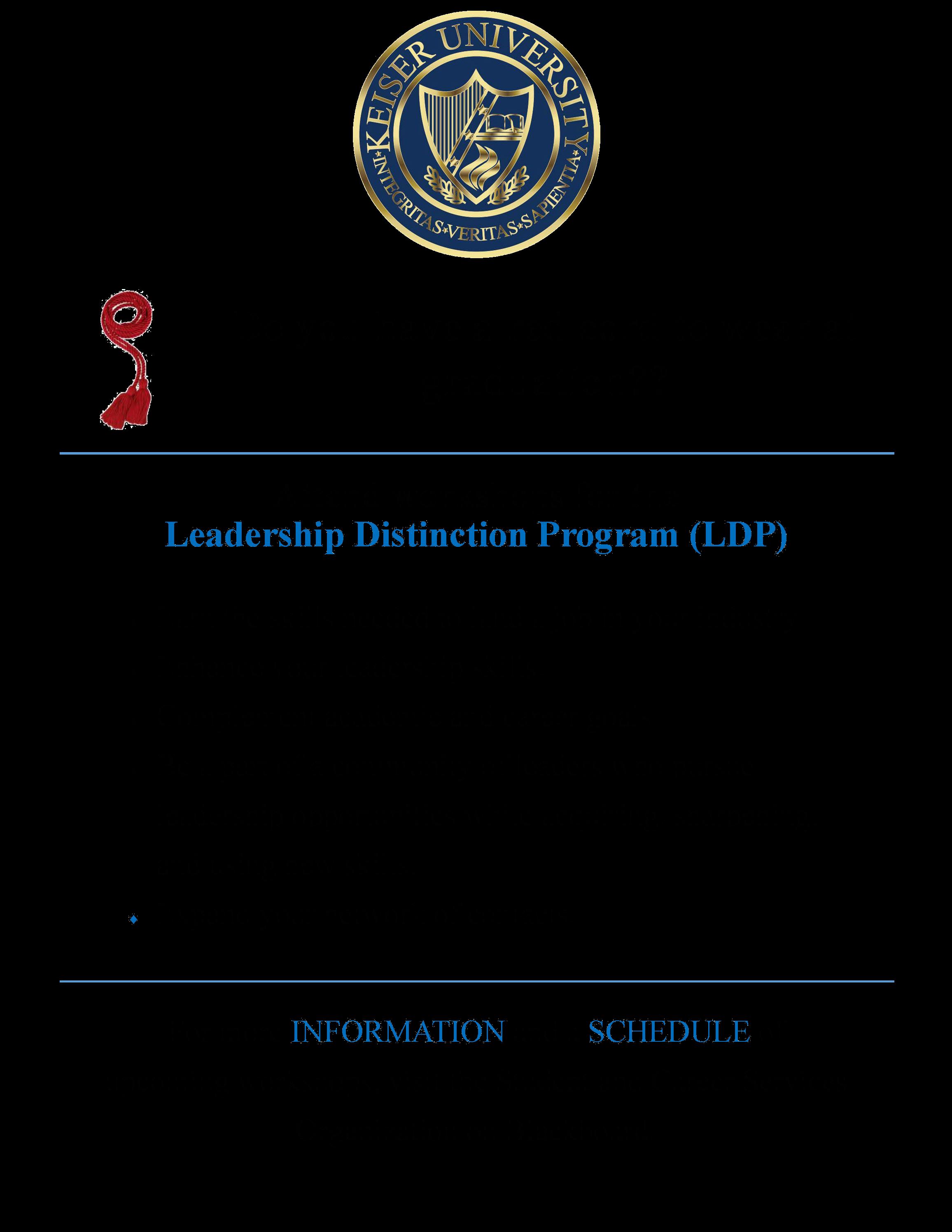
18
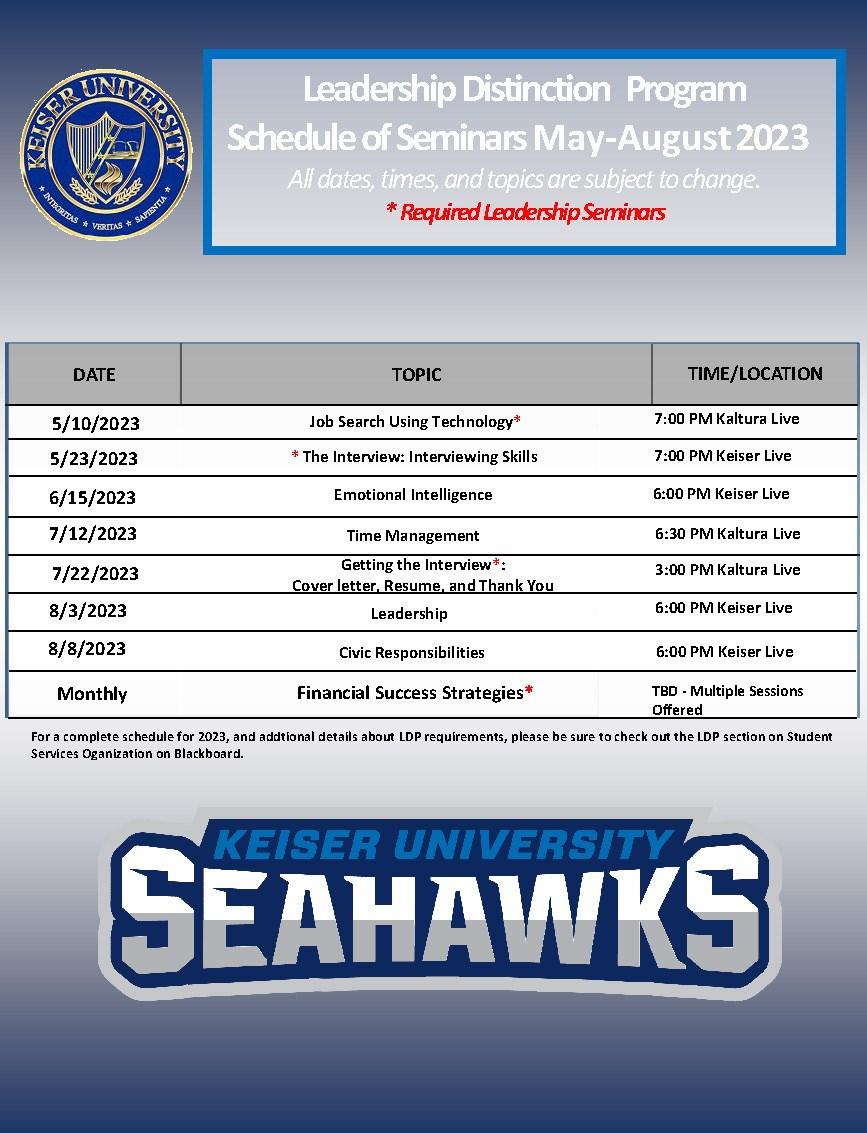
19
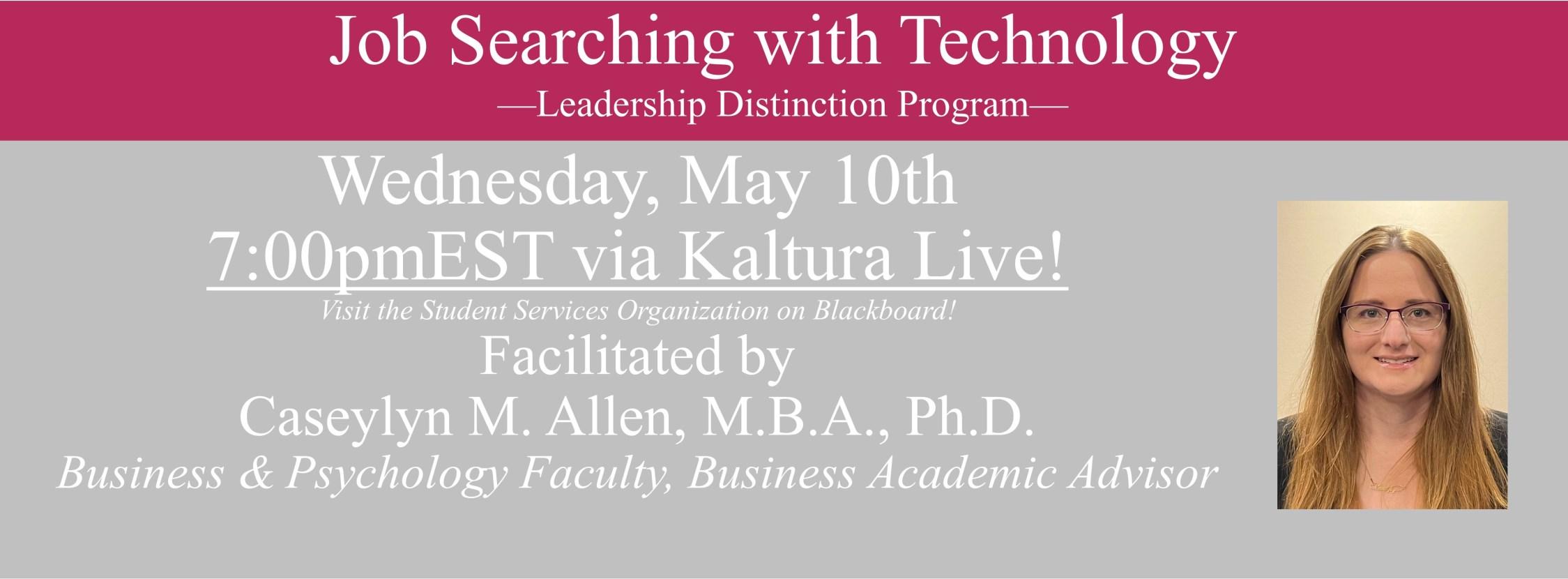
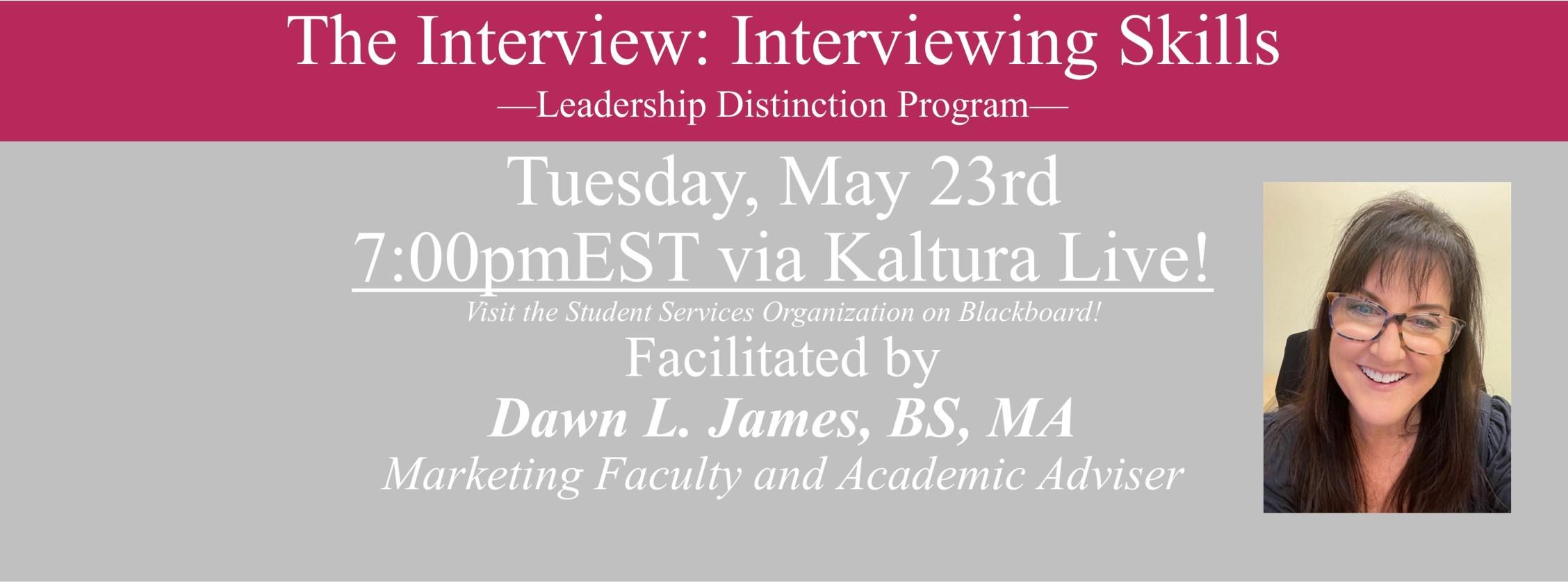
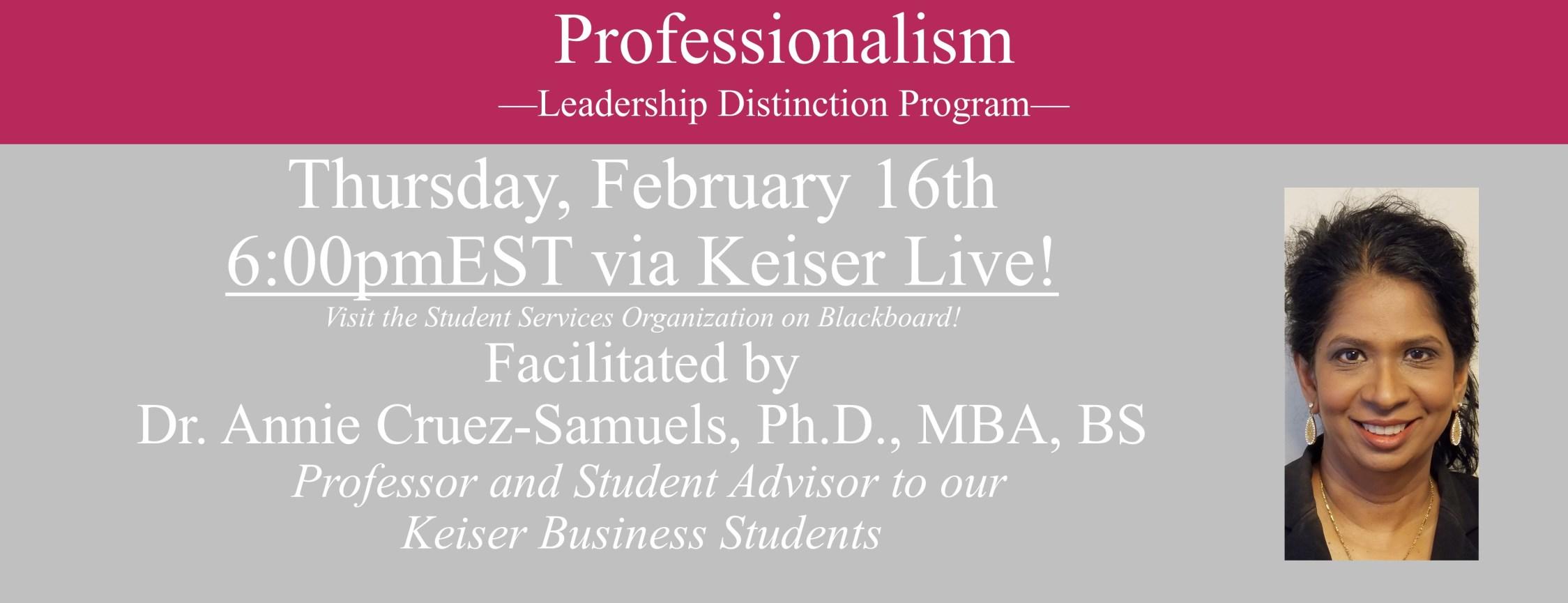
20
—Leadership Distinction Program—
Check out these awesome upcoming FREE
Be a Leader with LDP!
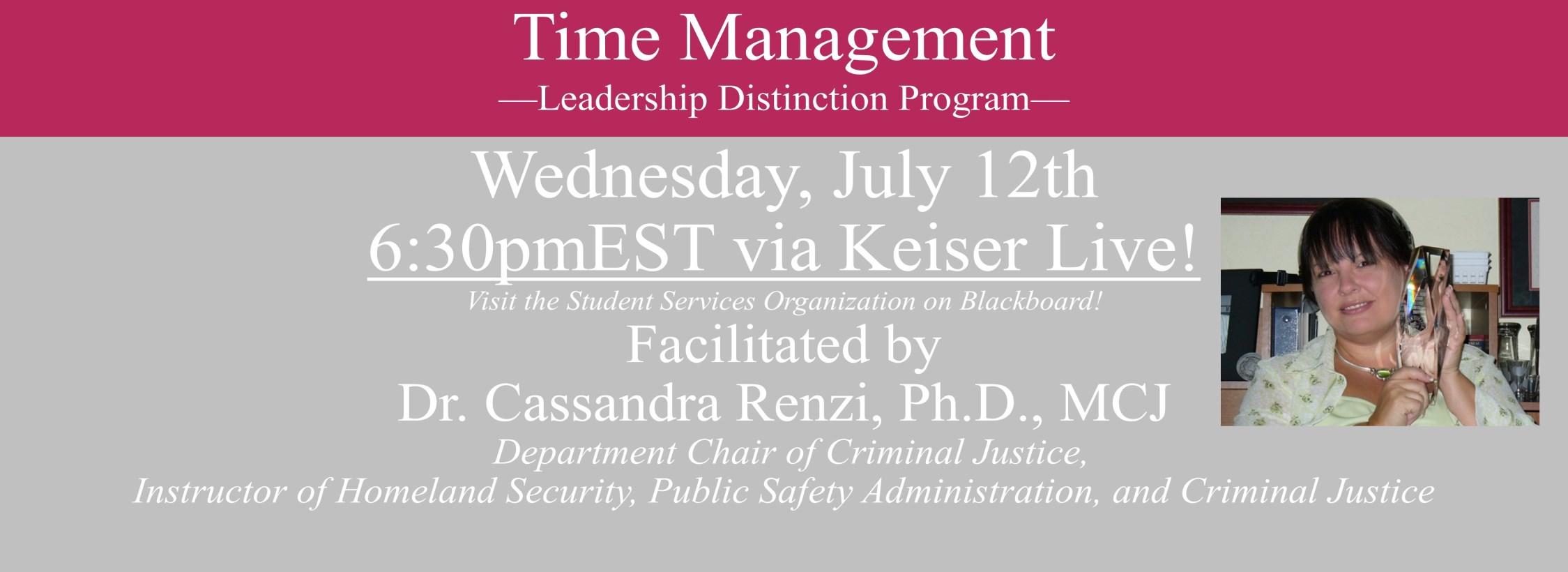
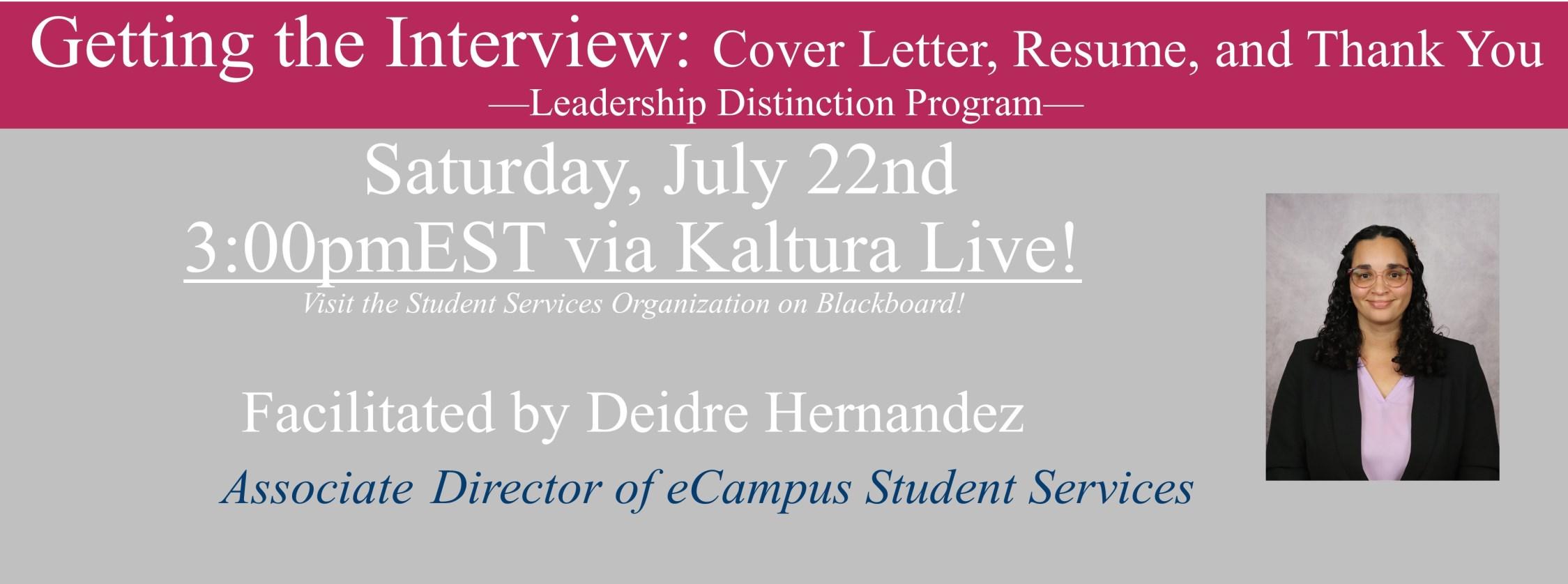
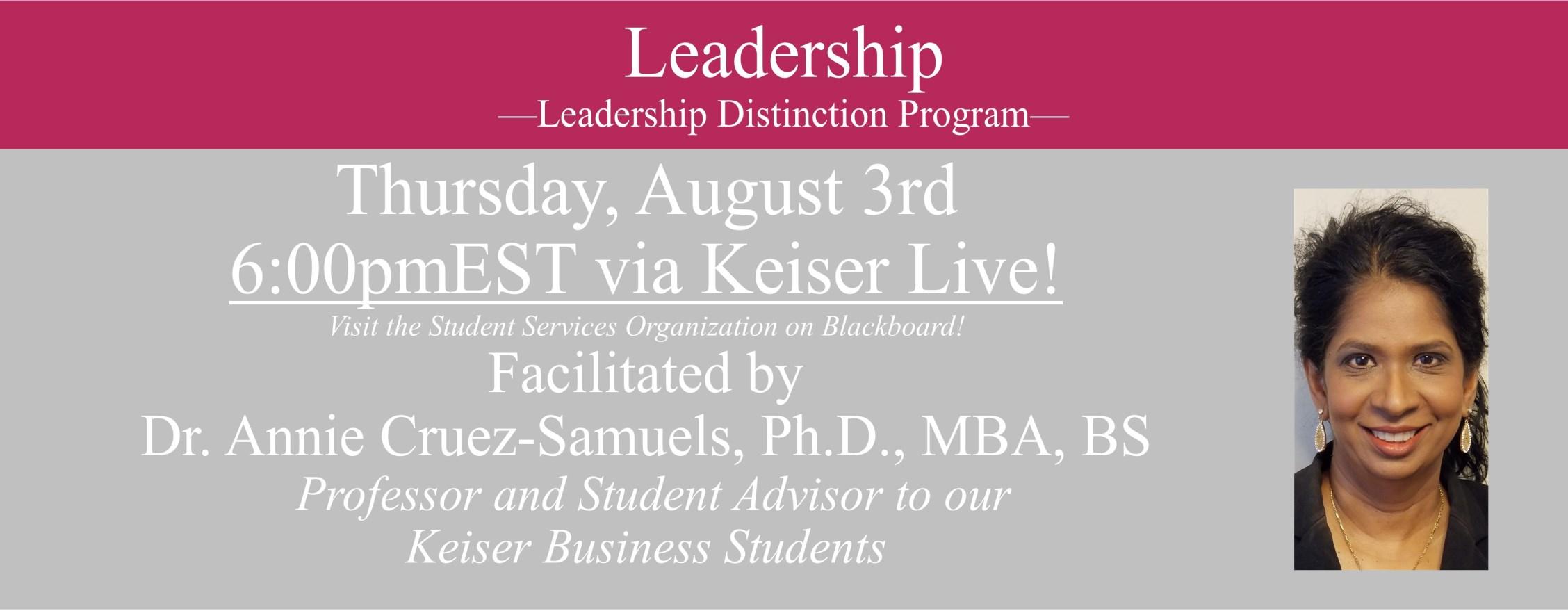
21
Find the complete LDPschedule on the Student Services Organization on Blackboard!
Leadership Distinction Program
Financial Success Strategies
Leadership Distinction Program
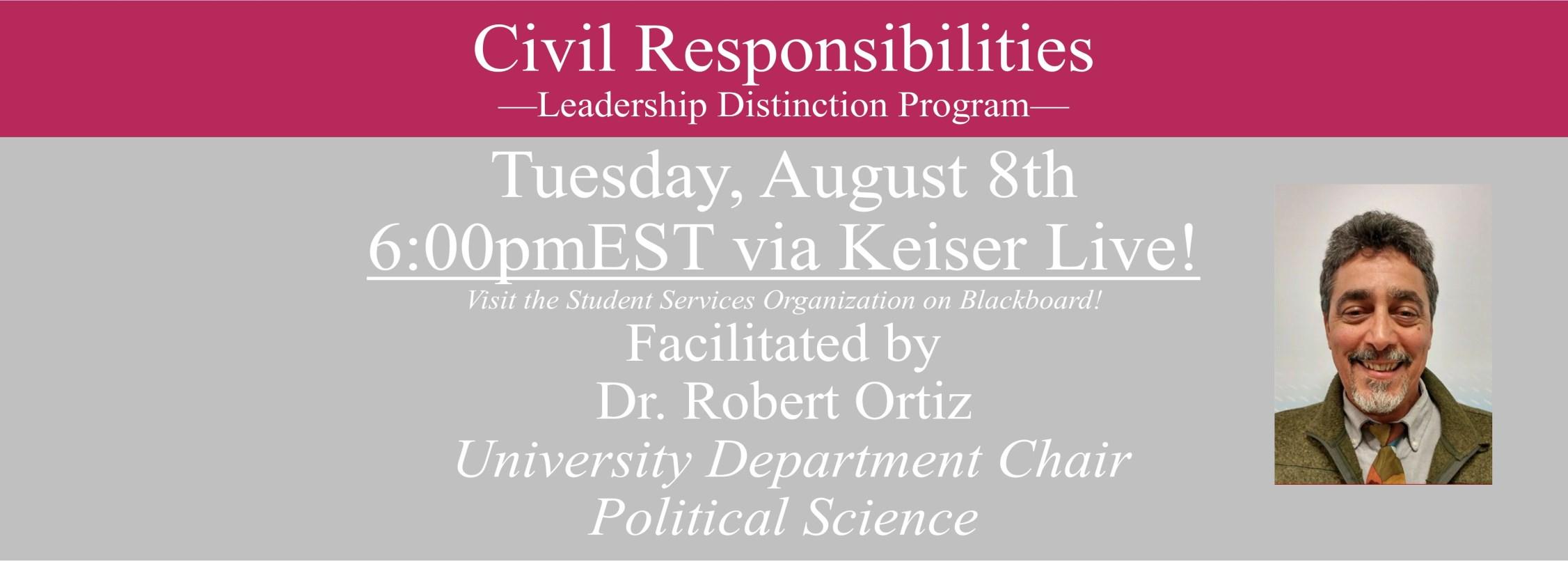
Please join Geoff Stam, Keiser University's Director of Default Management and Financial Literacy. These literacies are presented every month. Use this Live Link for all seminars:

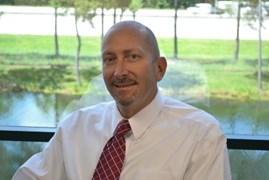
Link: https://us.bbcollab.com/guest/1f718c87e03f468db9164bd1a9f0cdb4
Dial-in for those with no computer audio: +1-571-392-7650 PIN: 704 110 1866 This four-part series, is being offered as part of the LDP requirements
Budget Basics (Reducing Financial Stress)
“
Reducing Financial Stress, A Budgeting Review”: Discusses the importance of budgeting as a student, basics of creating and maintaining a budget driven by monetary behavior, and expense reduction. We address strategies on budgeting with less as a student or due to a reduction or loss of income, prioritizing bills and expenses and survival with limited income or savings.
Improving Financial Success with Credit
Covers the basics of credit (types of credit and debt), credit reports, and credit scores. Discusses improving credit, building or rebuilding credit, and the importance and impact of credit scoring. Includes information about the credit industry and what is being done to assist those with issues managing credit.
Savings Basics (Your Money, Your Future)
Reviews the importance of saving, goals to save for, how interest works, and several suggestions, tips, and examples of how other students have started the process of finding savings, reducing expenses, and preparing for their financial future.
Student Loan Repayment Review
Covers the process of student loan repayment; resources available to assist borrowers, servicer changes, the payment plans, tools available if unable to make payments, and consequences of delinquency and default. Including the changes and impact of legislation due to the pandemic
22
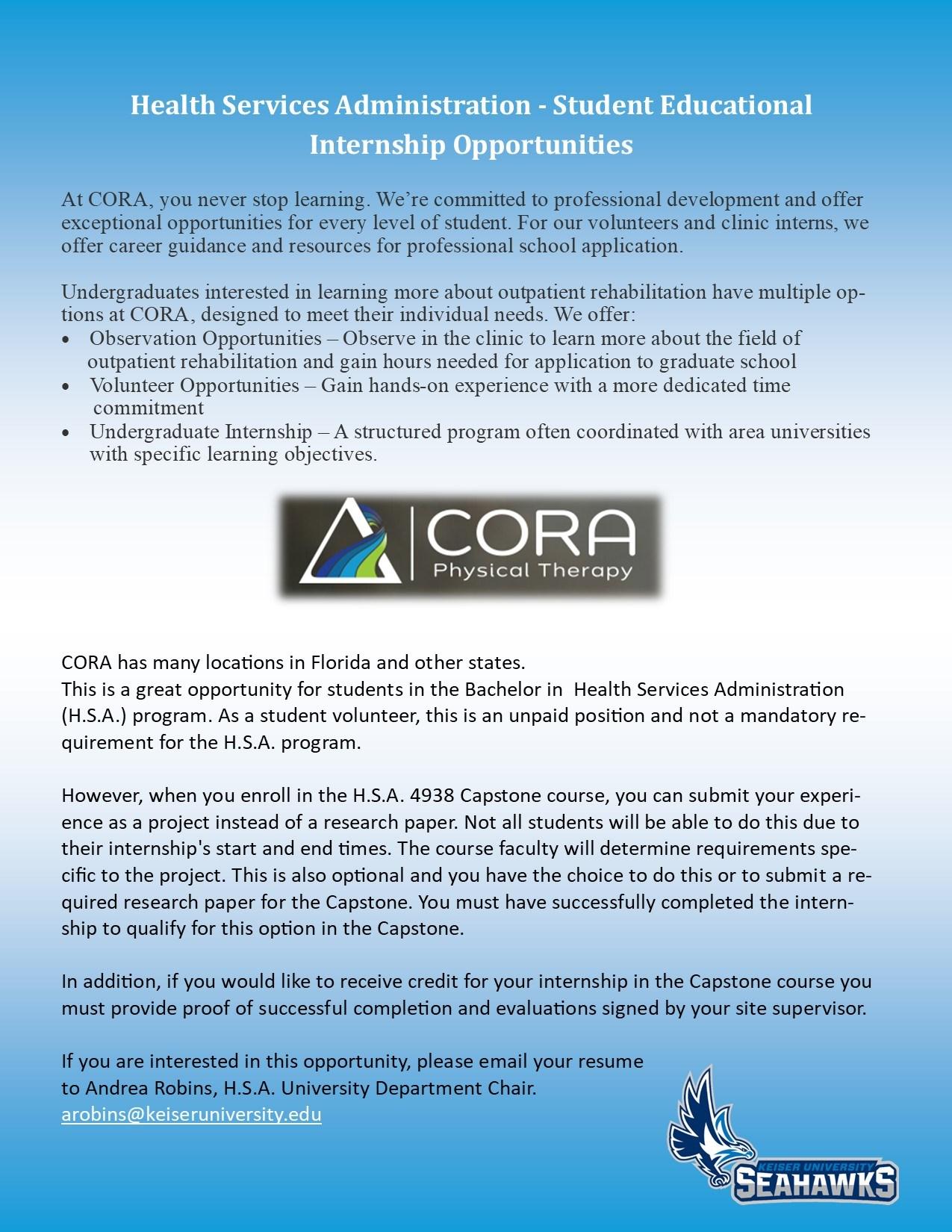
23

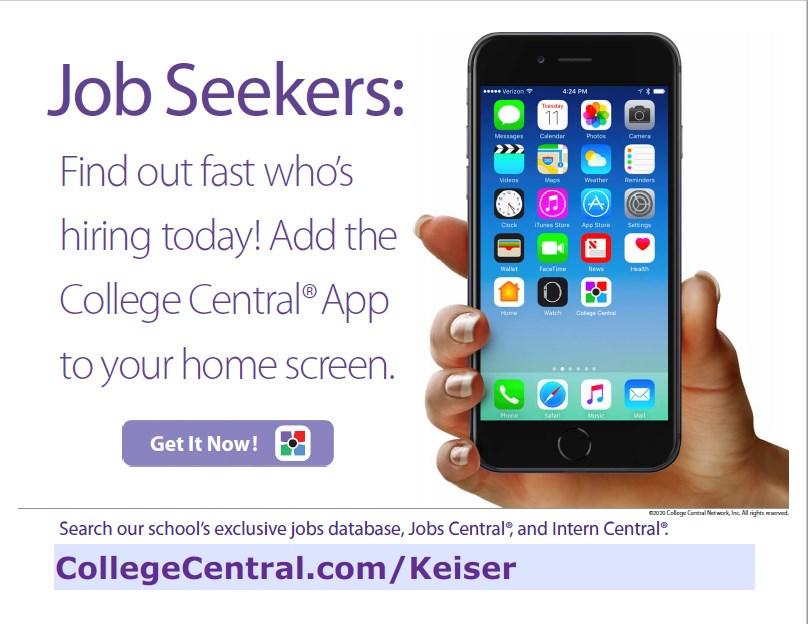
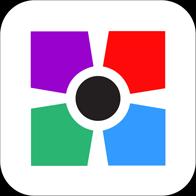
CareerAssistance: Resumes, Interviews, Professional Development and More... Find out more about what College Central and Student Services can do for you! Hosted by Student Services Associate Director Deidre Hernandez Via Blackboard Kaltura Live: https://smart.newrow.com/#/room/zkh-321 Did you know? CCN is the place to go for: Resume Feedback Job Postings Podcasts Job Search Articles Career Events Career Center Tour Saturday, June 24th, at 3:00pmEST
How to Write a Thank You Email After an Interview
You’ve just finished you’re really excited about. You know you should send a thank you note to your interviewers, but you not sure what to write. How much detail should you include? Should you send an email to every person you interviewed with? And what’s really the best way to follow up?
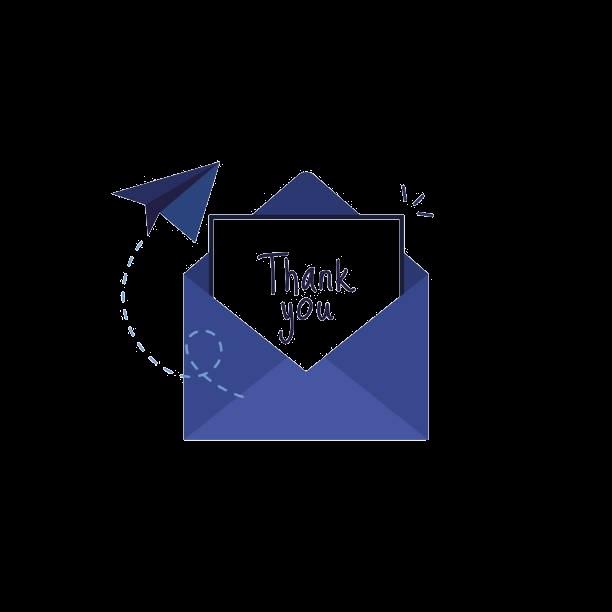

How to Write a Thank You Email
Your email should be short, sincere, and sent within 24 hours of your interview.
1. Address the email to the person who interviewed you and make sure you spell their name correctly. If their name is Christopher and they asked you to call them Chris in the interview, address them as such in your follow-up. If you interviewed with multiple people, it’s a good practice to send each person a brief message as well.
2. Thank the person for their time and consideration.
3. Briefly highlight your draw to the organization. David Lancefield, a former partner at PwC and now CEO coach, suggests that candidates “call out an aspect of the conversation that was particularly interesting or share a helpful hook to help them remember what you spoke about.”
4. Express your continued interest in the job opportunity.
5. Offer to answer any questions. Lourdes Olvera-Marshall, who teaches networking and career management courses at NYU, recommends jotting down quick notes when you’re interviewing. Write down your interviewer’s name, what you discuss, and a few key words to trigger your memory, so you can make your follow-up message more meaningful. As she told me, “The thank you note starts during the interview.”
What to Avoid in Your Thank You Email
If you don’t want to leave the interviewers with a bad impression, avoid these three common mistakes.
1. Adding too much detail
Remember that the intention of the message is to say thank you, not to pick up where your interview left off. “Your follow-up is not the place to add all the things you wish you had highlighted in your interview,” Olvera-Marshall warns. When you do, you run
By HBR.org
the risk of appearing desperate or like you weren’t prepared for the interview.
2. Making requests
People are busy. Avoid requesting anything that creates additional work. You want to show your interviewer that you’re easy to work with.
3. Typos
And of course, don’t forget to review your email for grammar and spelling before sending. This is an example of your communication.
Why Is It Important to Send a Thank You Note?
Beyond it being a nice gesture, there are multiple bento sending a follow-up message after an interview.
It creates a positive connection with the Interviewer(s).
No matter how well your interview went, many hiring managers squeeze multiple interviews into their busy schedules. A thoughtful message helps you leave a lasting positive impression after the interview is over.
2. It helps you stand out from the crowd.
Investing the time to send a thank you increases your chances of standing out from other applicants. One study found that only one out of four candidates sent thank you messages after their interviews, yet 80% of HR managers said those messages were helpful when reviewing candidates.
3. It’s an opportunity to demonstrate your professionalism and people skills.
It’s one thing to tell an interviewer you’re detailoriented and work well with others it’s another to show them. A well-crafted and timed thank you message illustrates your follow-up, your ability to capture the meeting’s essence in writing, and that you understand the importance of expressing your appreciation for others.
4. It confirms your interest in the job.
Hiring managers understand that candidates may be interviewing for multiple jobs at the same time. Busy themselves, leaders don’t want to invest time in a candidate who is not invested in the role they’re hiring for. A thank you message confirms that you’re both interested and excited about the role and worth following up with.
You may send your message and get a response in minutes, or you may never hear back at all. Either way, investing 15 minutes to express your appreciation may be the difference between getting the job or getting lost in the crowd..
25
https://www.collegecentral.com/keiser/ *Remember to select eCampus when registering.
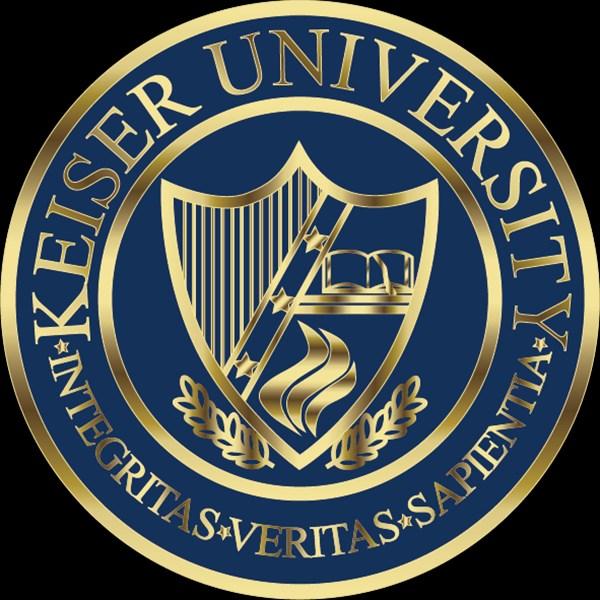



What is College Central Network? Acareer advancement gateway
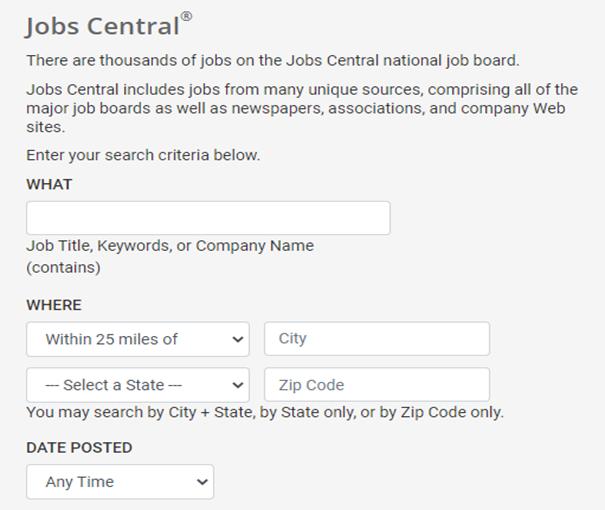
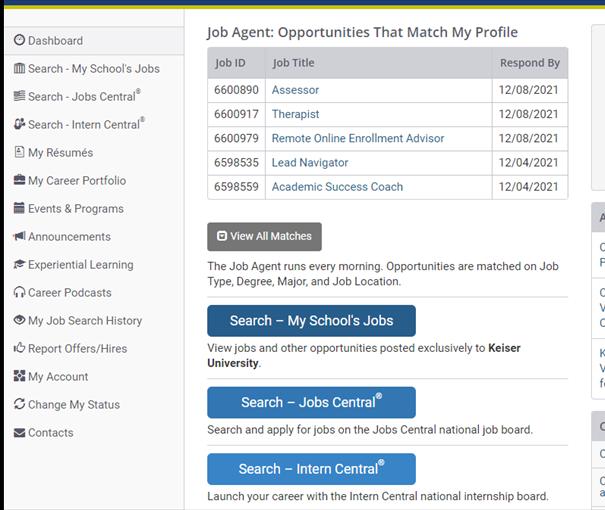
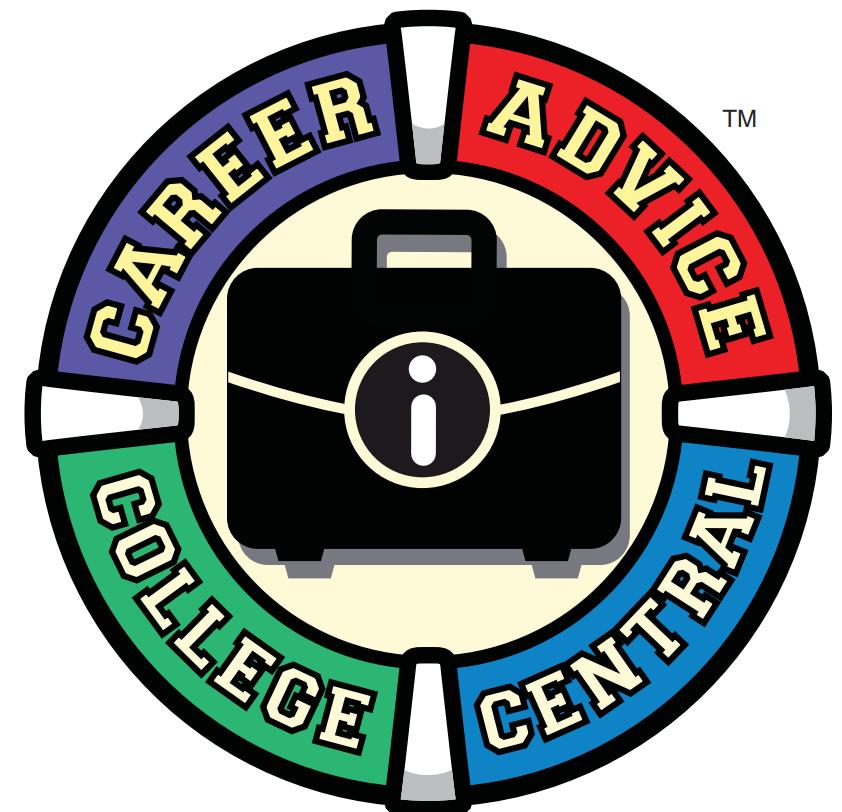


Who is it for?
Active college students &Alumni students
Why College Central?
Committed to helping you reach career goals.
Free Service to students, alumni, and employers.


26
10 Do’s and 10 Don’ts of Resume and CV Writing
By Justin Zackal, on HigherEdJobs
Recruiters spend an average of 6 to 8 seconds for their initial screening of each resume or CV, but that doesn't mean you shouldn't put in extra time perfecting yours. Good resumes/CVs are concise, have distinct sections, and effectively use white space to help recruiters locate what they're seeking and appeal to their scanning tendencies.
Remember, the purpose of the resume/CV is to get an interview, not necessarily encapsulate your entire career on a document.
For those looking for a quick resume/CV tune-up, below are 10 rapid-fire do's and 10 don'ts to consider:
Do make sure your name stands out: use a font size that's twice as big as your body text, and use common fonts like Arial, Times New Roman, or Calibri.
Don't use shaded text boxes or use other fancy formatting that could make it difficult to be converted within an applicant tracking system or opened in other versions of Microsoft Word.
Do make your contact information easy to find at the top and include your current city/state, phone number, and email address.
Don't include your full street address or your current work address. Do write a summary below your contact information, not more than three sentences, and consider breaking them up with bullet points.
Don't write a career objective.
Do check the conventions of your academic discipline. Some might have traditional preferences, such as writing the words "Curriculum vitae" at the top or including particular sections.
Don't think your CV needs to reach a certain page count to be taken seriously. Resumes are one page (or two if you have more than a few jobs and 10+ years of experience), and academic CVs are typically eight to 15 pages on the high end but could be fewer than five pages for early career professionals.
Do put the education section BEFORE the professional appointments on an academic CV, but for staff/administration resumes, the education comes AFTER the jobs.
Don't list your professional appointments in chronological order. Start with your most recent and relevant experiences.
Do use three to five bullets for each appointment and keep your lines as short as possible (reading comprehension can begin to decrease after just eight words).
Don't make subjective claims without backing them up with evidence. Use statistics when you can, but don't overdo it.
Do use declarative statements, mostly starting with strong verbs that describe what you did, such as "developed" or "enhanced."
Don't say "responsibilities included" and list concept nouns "optimization of student success" or "communication response," or use pretentious verbs like "utilized."

Do explain in a few words what an accomplishment means if you are referring to proper nouns, such as names of programs, certifications, organizations, or events.
Don't use acronyms and jargon unless you are certain that everyone on the search committee will know what they mean, even the member who does not work in your discipline.
organize your sections with clear breaks between them by using white space and bolded subheadings that are between 12-14-point font size.
Don't include sections if they only include your weakest experiences, such as "Invited Talks" or "Community Outreach" if you spoke to a handful of people at a Rotary meeting. If you don't have strong examples, including weak ones will dilute your other accomplishments. Do have a master resume/CV that you can use to pull information from that will allow you to tailor a separate resume/CV to the position you are applying for.
Don't think your resume/CV speaks for itself. You'll have to explain your intentions and elaborate on your capabilities in an interview, as well as speak to the hiring manager's needs.
The resume/CV is only the first part of the search process. Start with a good impression.
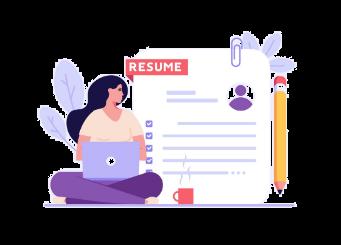
27
How to Network in College
by novoresume careerblog
It’s never too early to start networking. Whether you’re set on your career path or still exploring, networking can help you gain fresh perspectives, build life-long relationships, and get better at socializing! And there’s no better place to start networking than college! That’s where most people make lasting friendships, discover themselves, and determine their career paths.
10 Tested Ways to Successfully Network in College
1. Start With the People You Know
Before anything else, start networking with the people you already know. That way, you can take advantage of untapped opportunities and get rid of the initial stress that comes with networkingespecially if you haven’t done it before.

2. Take Advantage of Your School’s Career Office
Every college has a career office. In a nutshell, career offices give students career advice, help them learn how to make a resume and write a cover letter, prepare for interviews, find internships, and network. When it comes to networking, your college office is your best chance to find networking events and connect with professors and alumni, who can help you find great job opportunities in the long run.
3. Start Using LinkedIn and Other Networking Platforms
LinkedIn has more than 830 million members worldwide, which makes it the largest professional network in the world. As such, the sooner you start using it, the better you’ll be able to network. And, if LinkedIn isn’t really your thing, there are many other equally excellent LinkedIn alternatives to networking that you can try out.
4. Ask Your Professors
Professors don’t exist with the sole purpose of teaching you stuff. Most of them are able to offer valuable insight on job hunting and resources, industry connections, and possible career paths. As such, the best professors will become your mentors and manage to inspire you long after you’ve graduated college.
5. Join Student Associations

For starters, student associations can help you network professionally with people who are in the same major as you and are already working in the industry. In turn, they might eventually refer you to their employers or offer you valuable industry advice.
6.
Get
in Touch with People You Admire
If you ever got super inspired by a guest lecturer or a motivational speaker at your university, don’t hesitate to get in touch with them. Alternatively, you can also reach out to people who’ve inspired you to get into your major in the first place, or academics and authors you’ve admired since you were a kid. Using a networking email, you can introduce yourself to those people, mention what it that you admire about them and their work, and ask whether it’s possible to pick their brains.
7. Attend Networking Events
You can get ahead of the curve and make some beneficial networking relations. What’s more important, every individual attending a networking event is there for the same reasonskickstart their career, receive or offer advice, or make valuable professional contacts - so you won’t have to beat around the bush to get what you went there for.
8. Use Volunteering or Internships
Volunteering or getting an internship that matches your career interests is another great way to network in college. With internships, on top of making business connections and getting some first-hand practical experience, you can also get a job offer after you graduate. Similarly, volunteering for a cause that you’re passionate about will help you network with like-minded people who can eventually help your career or offer you fresh perspectives. If nothing else, employers love volunteering experience on your resume and the experience might be a boost to your CV.
9. Have a Business Card Ready
Having a business card is a great way to look professional and let people easily get in touch with you. Now, since you’re still in college, there’s no need to overdo it with your business card. Your name, professional email address and phone number should be enough for a college student’s business card.
10. Follow Up
After you’ve met someone personally or reached out to them online, it’s important to follow up so that you don’t lose that initial “spark.” The best way to do it is to wait a couple of days - not too long, or else they might forget you - and then send them an email reminding them who you are and thanking them for their time and/or valuable advice.

28
HispanicAssociation of Colleges and University (HACU)

We are proud to say that Keiser University is recognized as one of the top Hispanic Serving Institutions. This recognition opens up many great opportunities for all our KU Seahawks to participate in many great programs that HACU has to offer, like their amazing internship program.
HACU’s Leaders in Residence program is now accepting applications! Check out the flyer below for more information and eligibility, as the deadline is quickly approaching. If you have questions or are planning to apply, please email Dr. Norma Pastor, Keiser University’s HACU Representative: npastor@keiseruniversity.edu
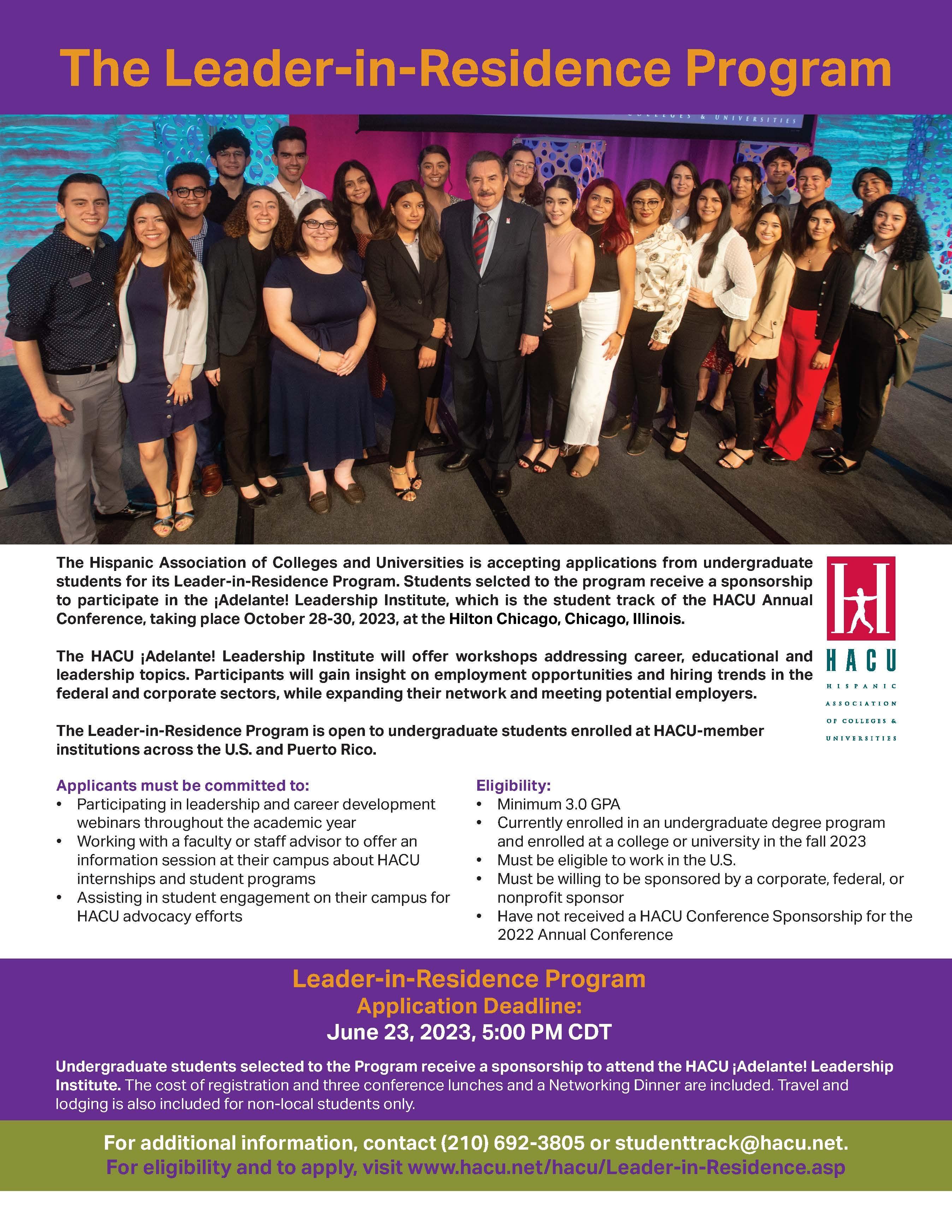
No. 1 Men's Golf Wins the Roadrunner Classic; Stavang Stubhaug Earns Medalist Honors
Read more on KU Seahawks
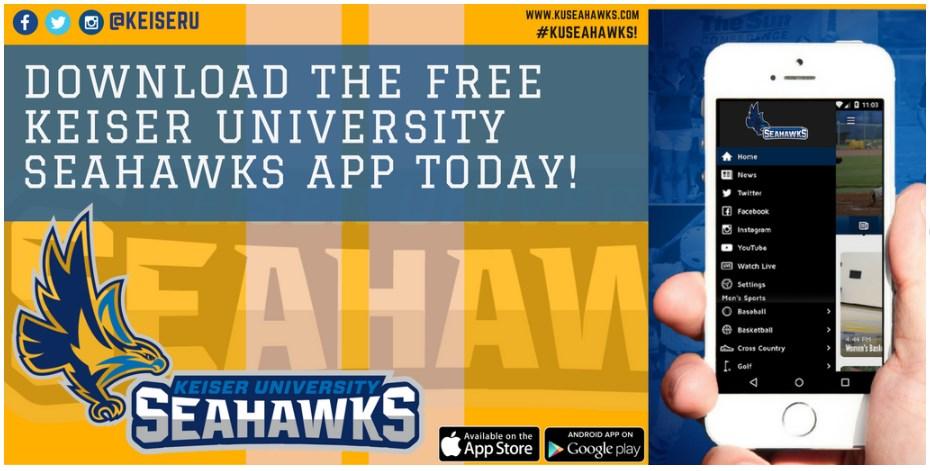

Tournament: Roadrunner Classic
Keiser University Final Results/Score: 1st of 12 / +11 (296-294-285, 875)
Location: The Farm Golf Club - Rocky Face, Ga.
Course Information: Par 72, 7,035 yards

For the fifth time this season, the No. 1-ranked Keiser men's golf team claimed the tournament title, winning this year's Roadrunner Classic in Rocky Face, Georgia, on Tuesday. The Seahawks shot an 11-over, 875, holding a six-stroke lead over second-place Coastal Georgia (302-287-292, 881). The top-ranked Seahawks and the No. 16-ranked Mariners were among a field of 12 NAIA Men's Golf Top 25 teams. Sophomore Jakob Stavang Stubhaug claimed his second individual tournament title, shooting a five-under, 211. The native of Floroe, Norway, was the only golfer to finish the classic under par. The Seahawks also had top-10 finishes by Isac Wallin (No. 2) and Florian Benner (tied for No. 10). Walling posted an even-par (73-75-68) while Benner carded a seven-over, 223 (75-75-73).

30 SEAHAWKS ATHLETES
Keiser running back Marques Burgess was named the Palm Beach County Sports Commission's Amateur Athlete of the Year, announced during the 46th Annual Palm Beach County Sports Hall of Fame Awards Celebration at the Palm Beach Kennel Club on Sunday, April 2.
Burgess becomes the second member of the Seahawks football program to win the award for top amateur athlete in the Palm Beach County (Sage ChenYoung last year).
For more information, log onto www.palmbeachsports.com/events/hall-of-fame-awards/ Marques Burgess, Keiser Football

• Earned AP All-America (Second Team) recognition for the first time in his career
• Named an NAIA All-American for the second time in his career (2021)
• Earned school's first Sun Conference Offensive Player of the Year honor
• Became conference Offensive Player of the Year for the second straight season (named the Craig Mullins MSC Sun Division Offensive Player of the Year in 2021)
• Named the inaugural Sun Conference Back of the Year
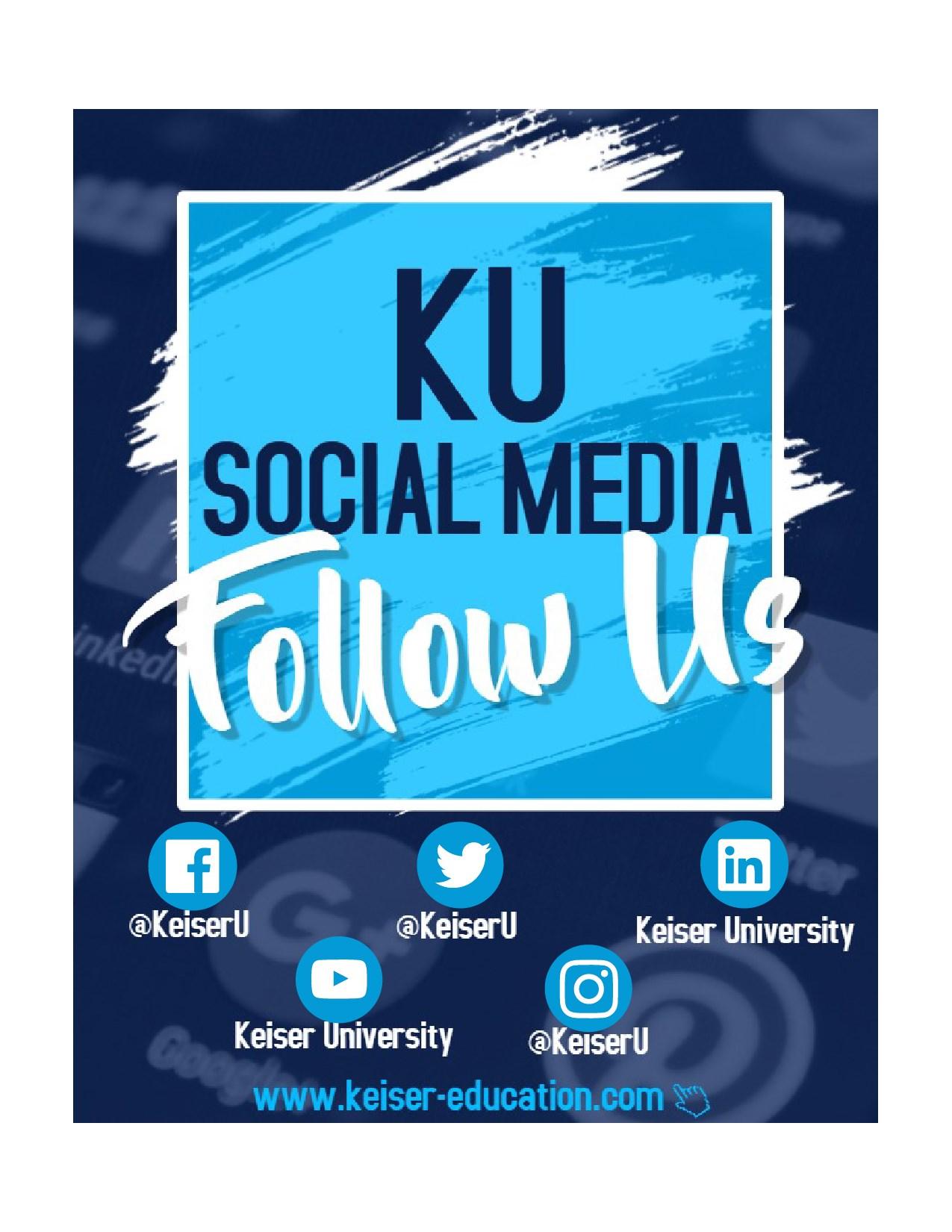

• Collected first-team all-conference honors for the second straight season.
• Appeared in 13 games for the Seahawks

• Rushed for 1,217 on 243 attempts, averaging 5.0 yards per carry
Marked the second consecutive season with 1,000 yards on the ground
Creative Space: Student Submission Don't Read Me
 Written by Jacob Schroeder, Applied Engineering Student
Written by Jacob Schroeder, Applied Engineering Student

This poem was written as a reminder to myself of where the bottomless downward spiral, caused by my personal battle with depression, always leads. I wrote it so that I may read it in the future and remember how ridiculous my feelings become when I am extremely sad, and how untrue the thoughts associated really are.
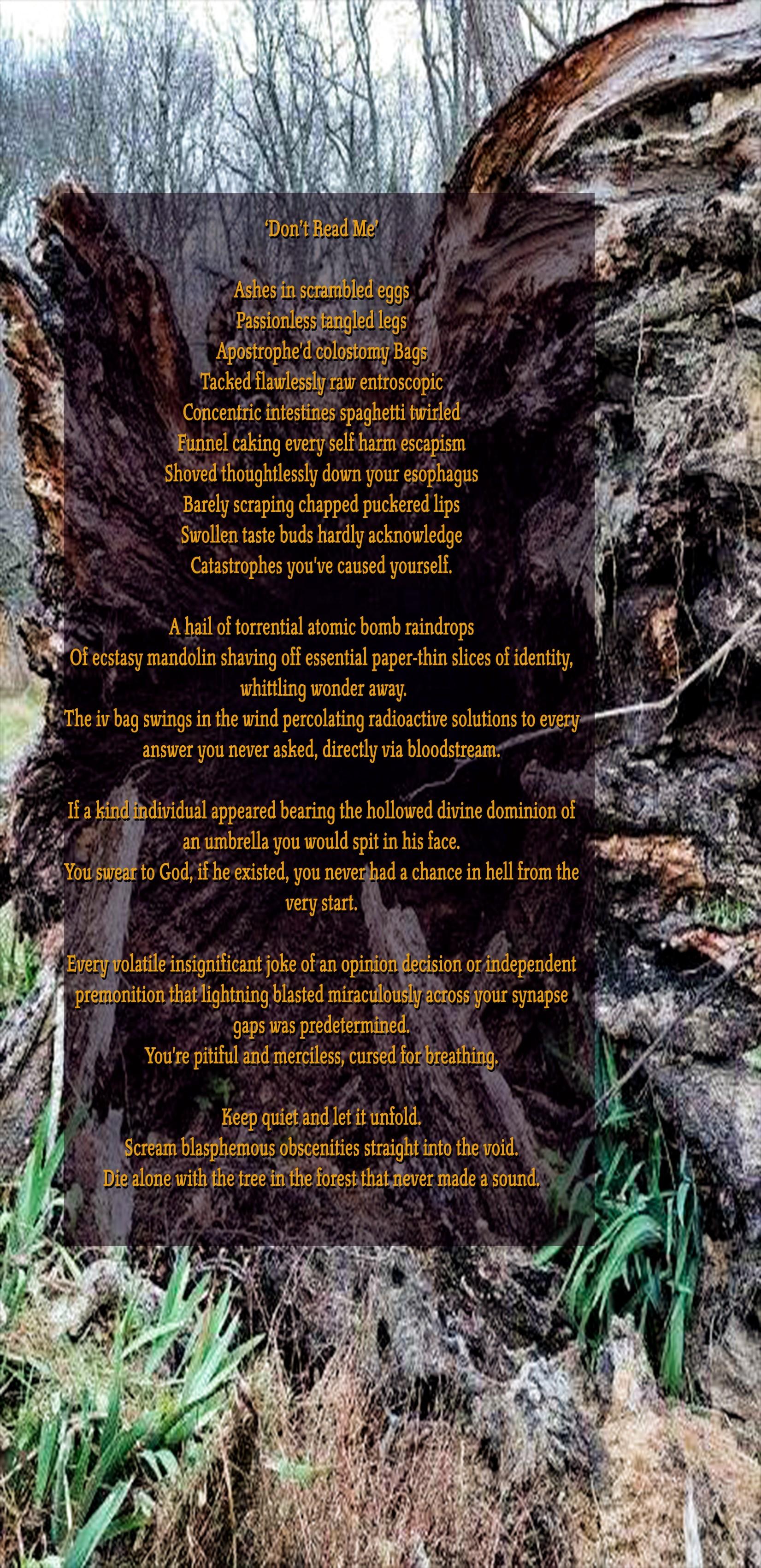
**Points of view and opinions expressed are those of the authors and do not necessarily reflect the official policy or position of Keiser University. Any content provided by our authors is their opinion and is not intended to defame any religion, ethnic group, club, organization, company, individual, or anyone.**
Keiser University's Literary Magazine

The Department of English, Humanities, and Speech is proud to debut the inaugural issue of Keiser University's literary magazine, River of Grass. The magazine features literary works and artwork by students, faculty, staff, and alumni.


publication.
Would you like to showcase your personal work in the River of Grass magazine? Submissions are accepted daily. Please send your work or inquires to Riverofgrass@keiseruniversity.edu

33
Click on the cover art below to view the
Student Testimonial: Lillian Zimmerman






Before starting Keiser University, I was a stay-at-home mother for eight years and at the time I was going thru a divorce. It was a difficult time in my life. I want to thank my admissions counselor, Safay Johnson, she had many conversations with me throughout my time at Keiser and she was always my biggest cheerleader. Safay convinced me to take the admissions test over the phone in January of 2020 and stuck by my side encouraging me while I fought with my ex-husband during the divorce. I had to send in three years of tax returns so that I could get my financial aid approved for school. I finally got to start in September of 2021. Keiser University has helped me in many ways and has given me new doors of opportunities to provide a stable future for myself and my children. I can't wait to get into my field and start a career. Currently I am a baker, not a biller and coder, but I hope to find something in my field of study as soon as I complete my degree!All was possible thanks to Keiser University.

34
Associate of Science in Medical Administrative Billing and Coding, June 2023
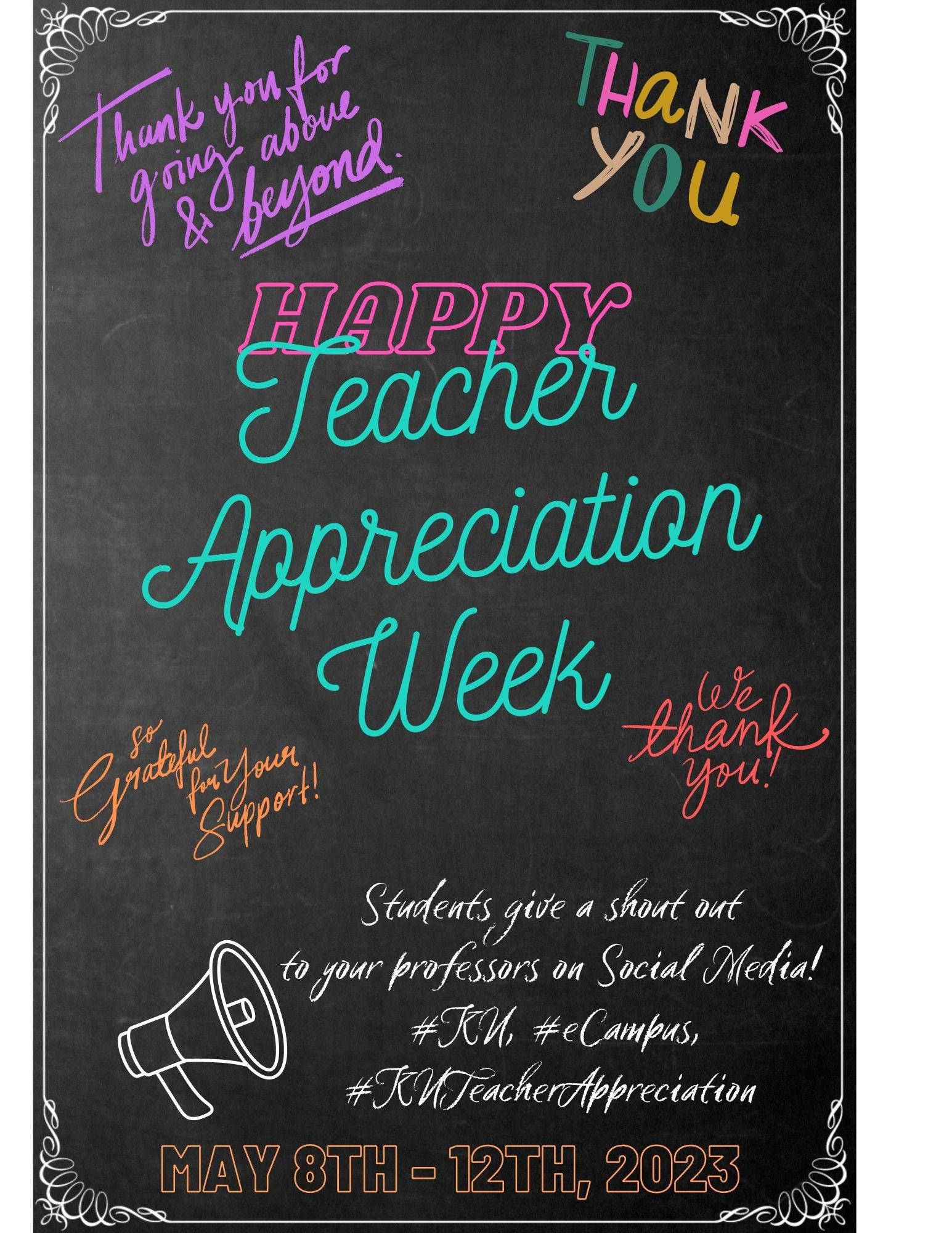
35
Keiser University NursingAdvisory CouncilAnnounces Recommendations
toAddress Florida’s Nursing Shortage
March

TALLAHASSEE, Fla. The Keiser University Nursing Advisory Council appeared before state lawmakers and industry leaders at the Florida Capitol on March 9 to announce a series of short- and long-term recommendations to help solve Florida’s nursing shortage.
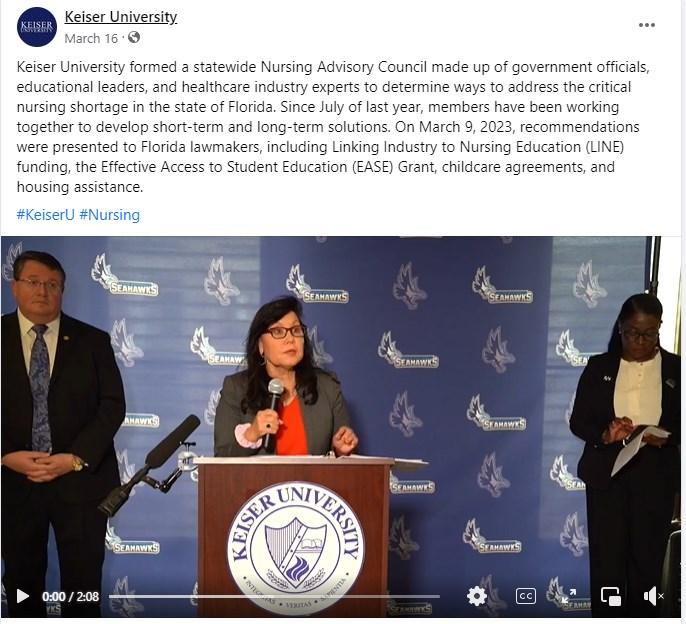
The nursing advisory council was formed in the wake of a 2021 Florida Hospital Association (FHA) report that indicated the state would face a shortfall of 60,000 nurses by 2035. In July 2022, the council was organized by Keiser University and the National Association of Hispanic Nurses with a goal of developing practical solutions to help solve the State’s nursing shortage. The council consists of 34 individuals made up of government officials, nursing education leaders, and health care industry experts.

“As Florida’s population continues to grow, the state’s future economic success is intertwined with a vibrant, financially strong, and sophisticated healthcare system,” said Belinda Keiser, Vice Chancellor of Keiser University. “That future includes a strong nursing workforce.” Florida’s nursing shortage has been a priority for Governor DeSantis and state lawmakers. In January, the Governor announced $79 million for nursing education and healthcare partnerships. In February, the Senate Committee on Postsecondary Education and the Health Policy Committee voted unanimously to advance SB 274, known as camos to scrubs, which creates a pathway for military combat medics to become nurses. The bill has a companion in the Florida House, HB 517…
For more information, check out the full article on SEAHAWK NATION
36
2023
At Keiser University, service to our students and to the community, has always been at the heart of our mission. Providing opportunities that give people the best chance to succeed in life is demonstrated in our quality academic programs and commitment to coaching students to employment. This commitment is evident through Keiser’s role as the largest producer of nurses in Florida and our ranking as the No. 1 school in the country for Social Mobility by U.S. News and World Report. To continue our service to the community and our students, we see an incredible opportunity to change lives by building a new aquatic center on our Flagship Campus. This aquatic center will provide a home for the National Champion Seahawks Swim Teams, a catalyst for sports tourism in South Florida, and a venue for children in our community to learn to swim.
For more information and additional ways that you can help, please visit: aquaticcenter.keiseruniversity.edu

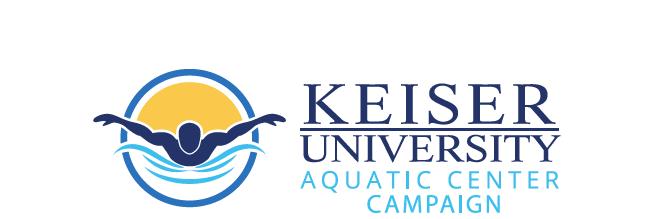

37


38



































































































